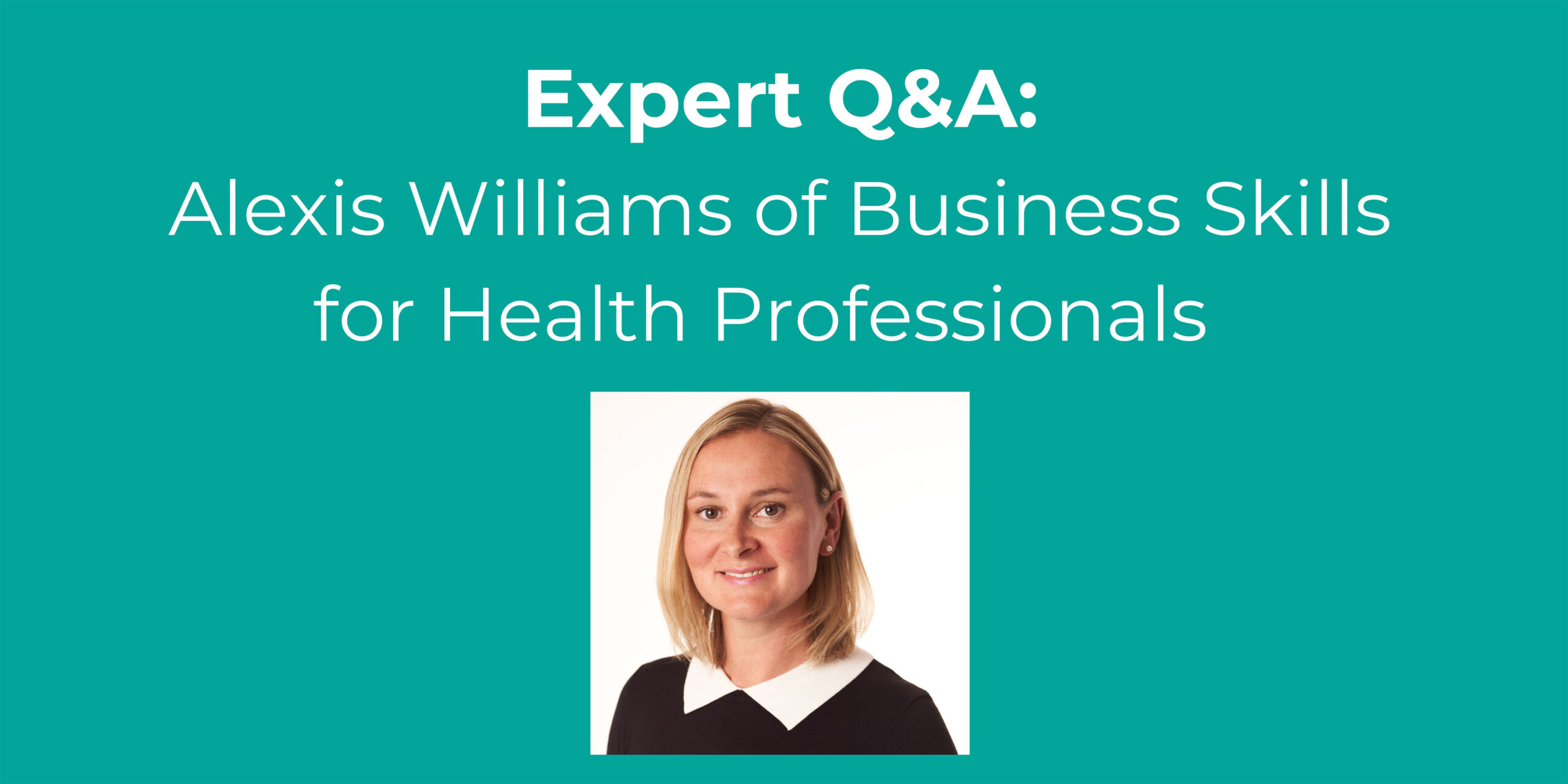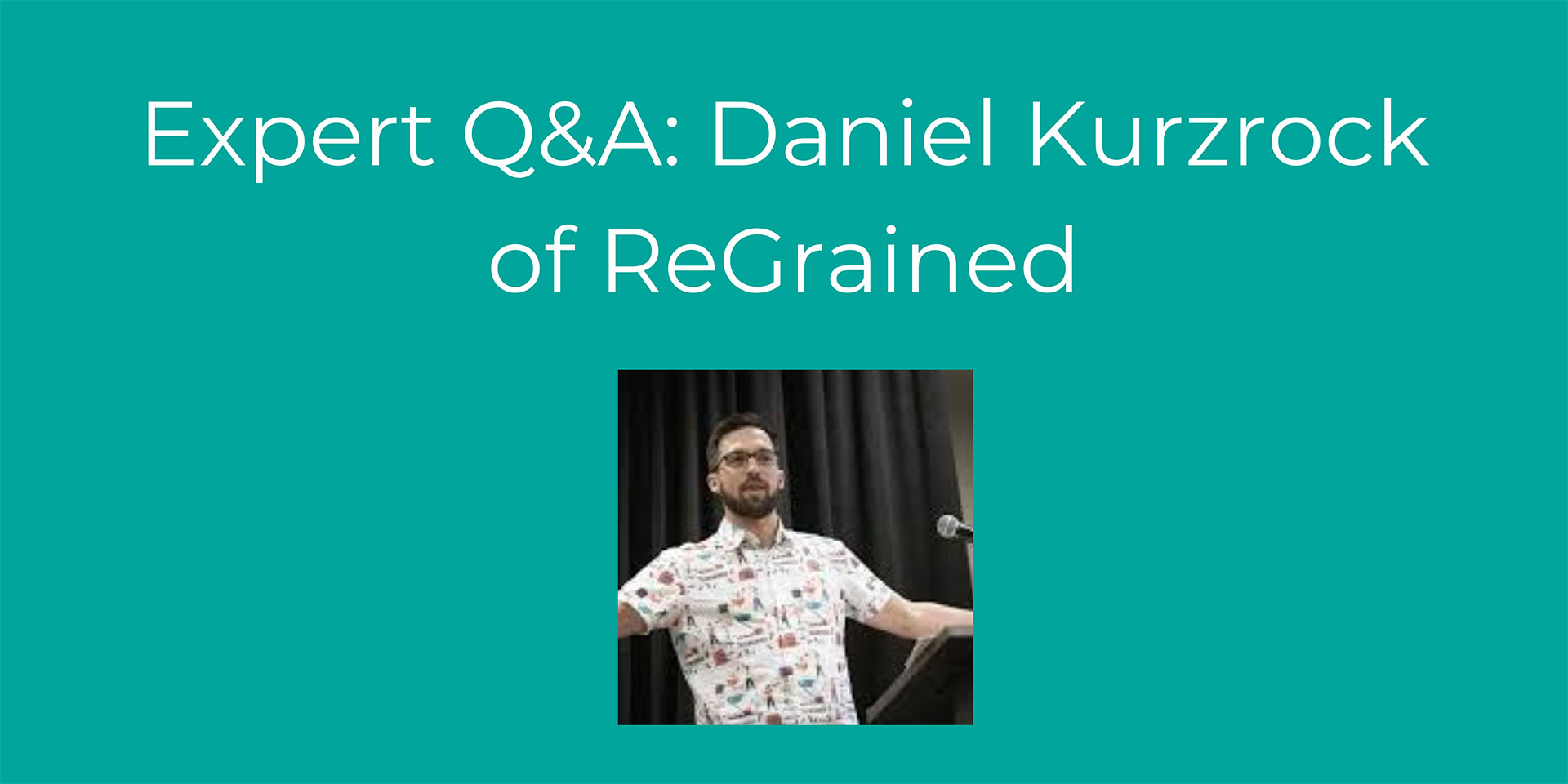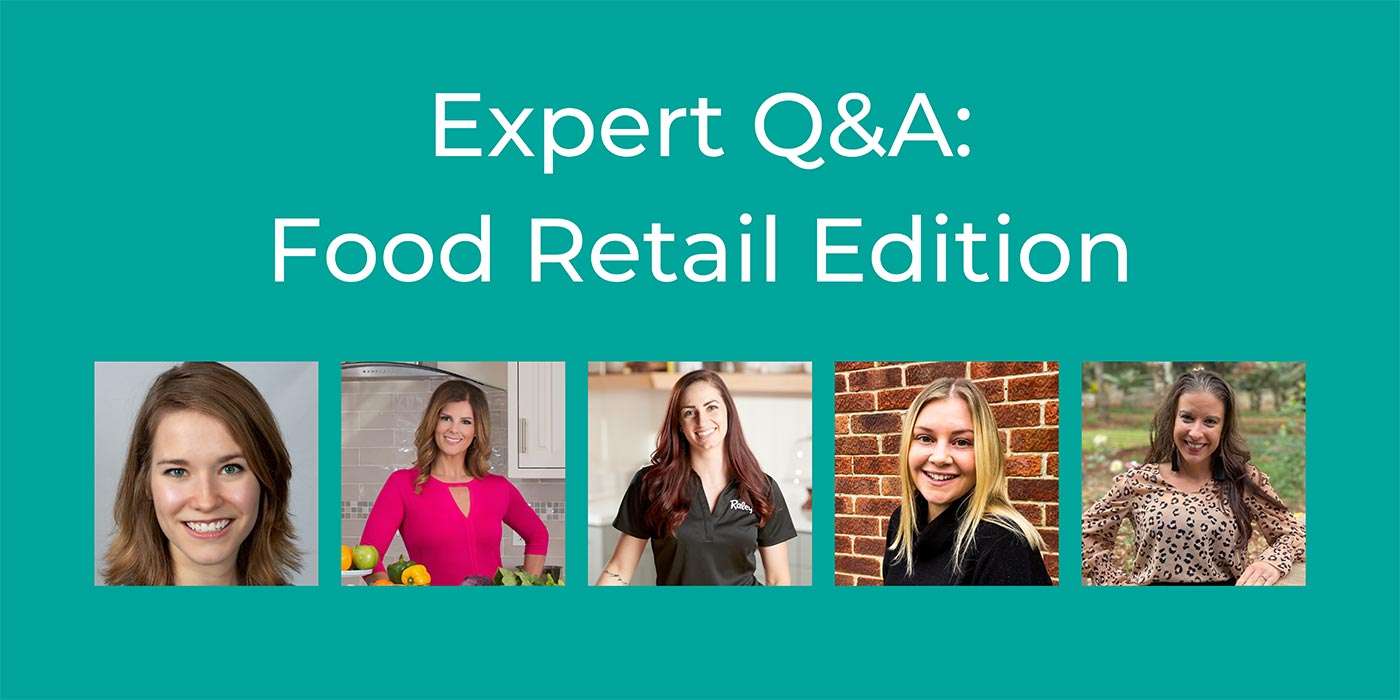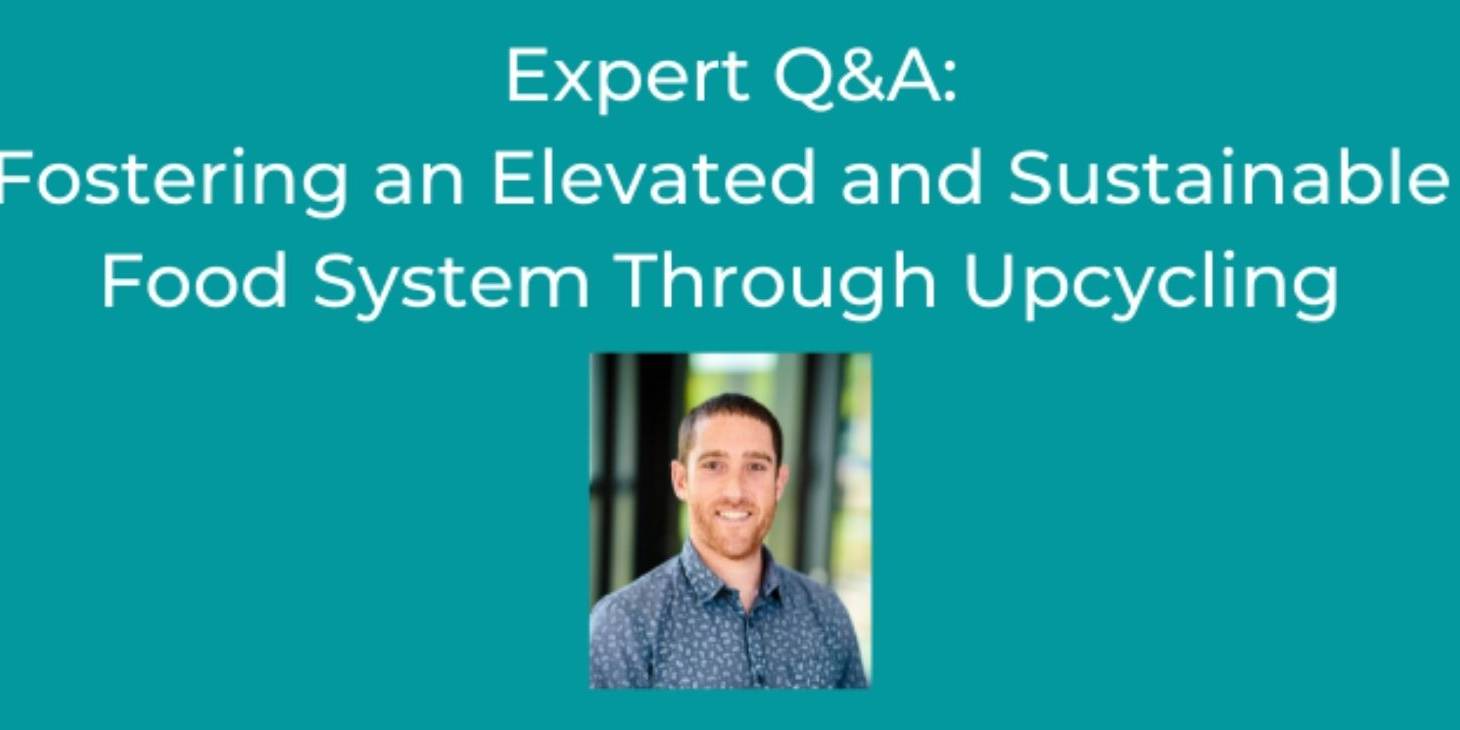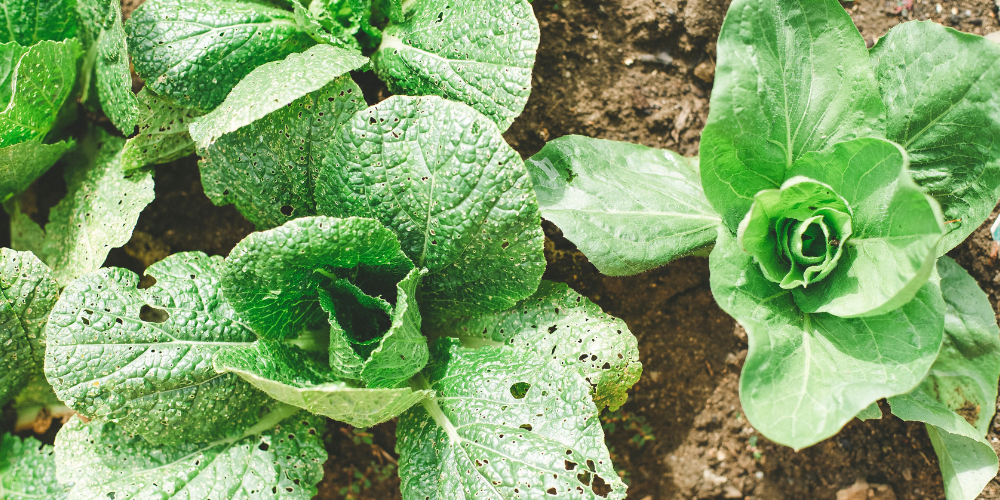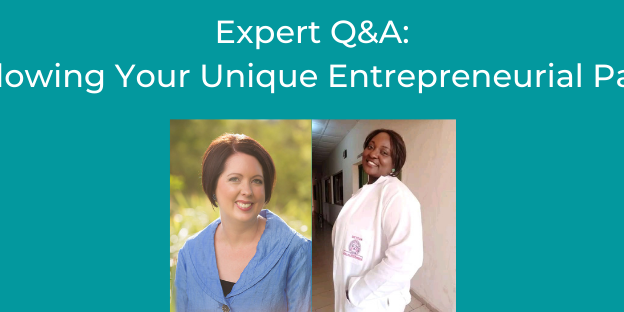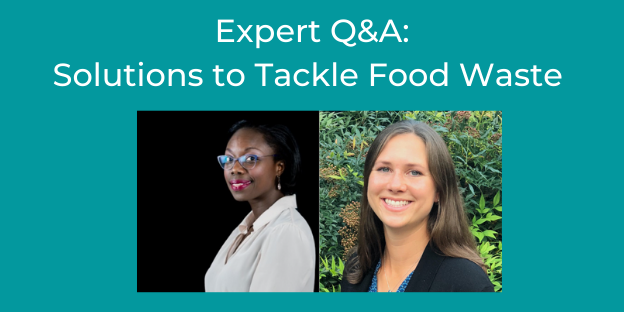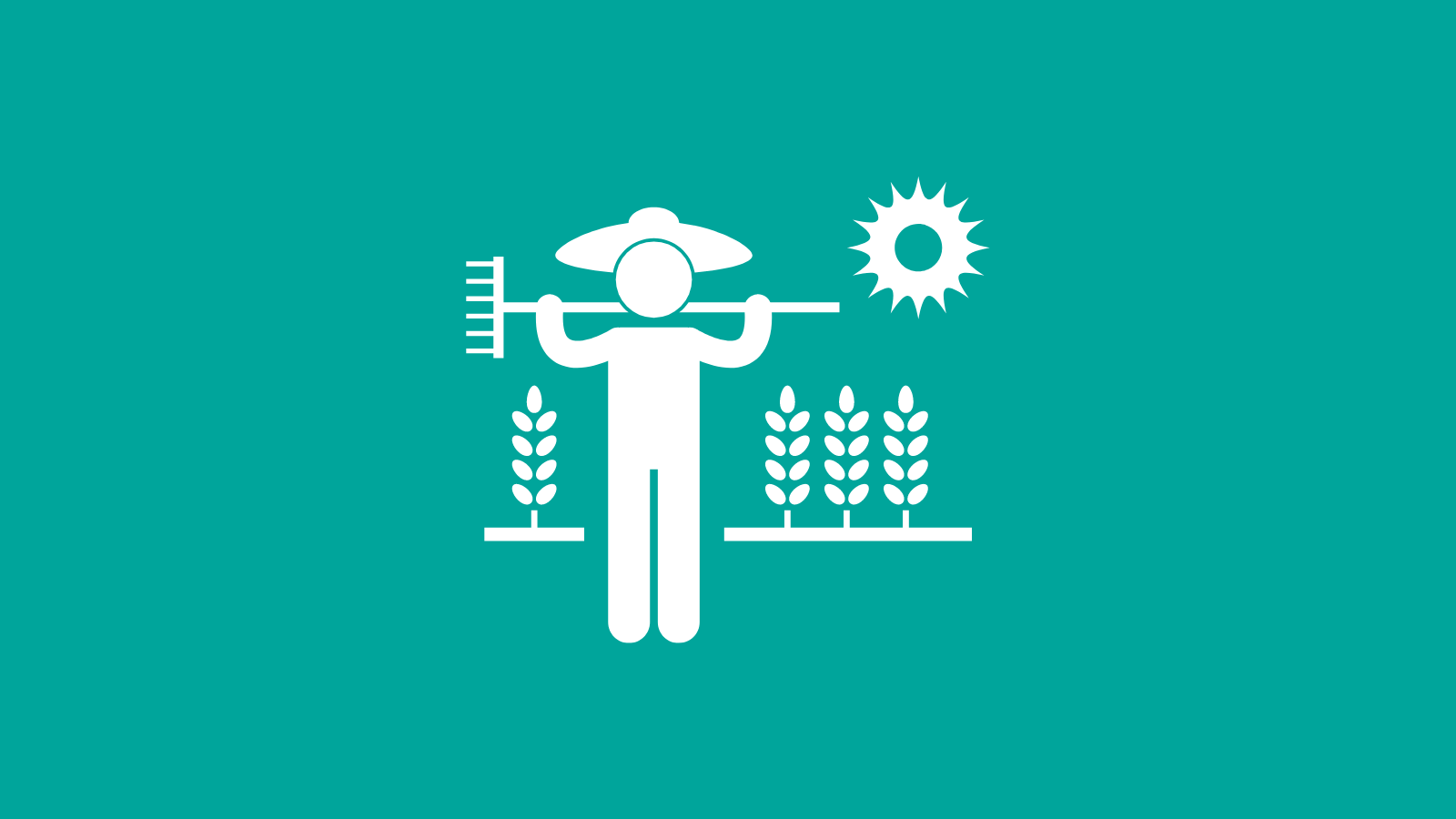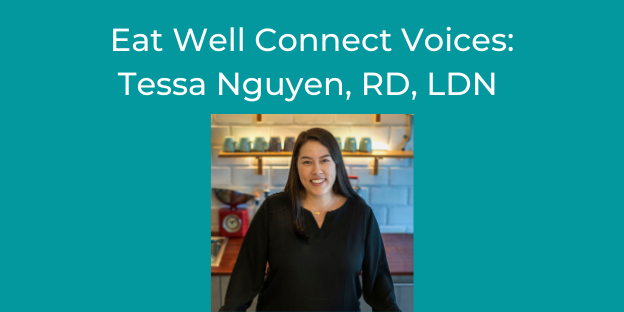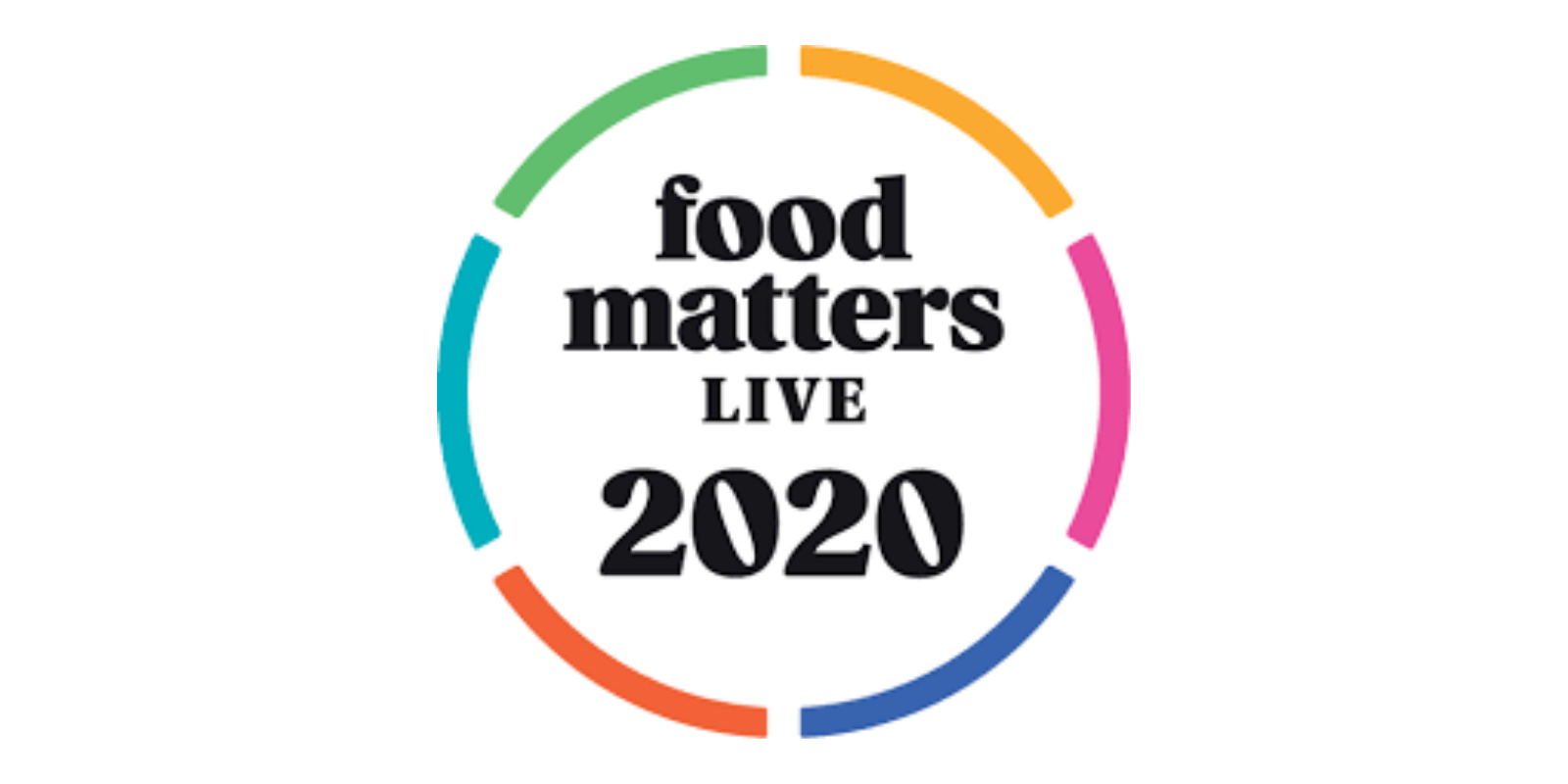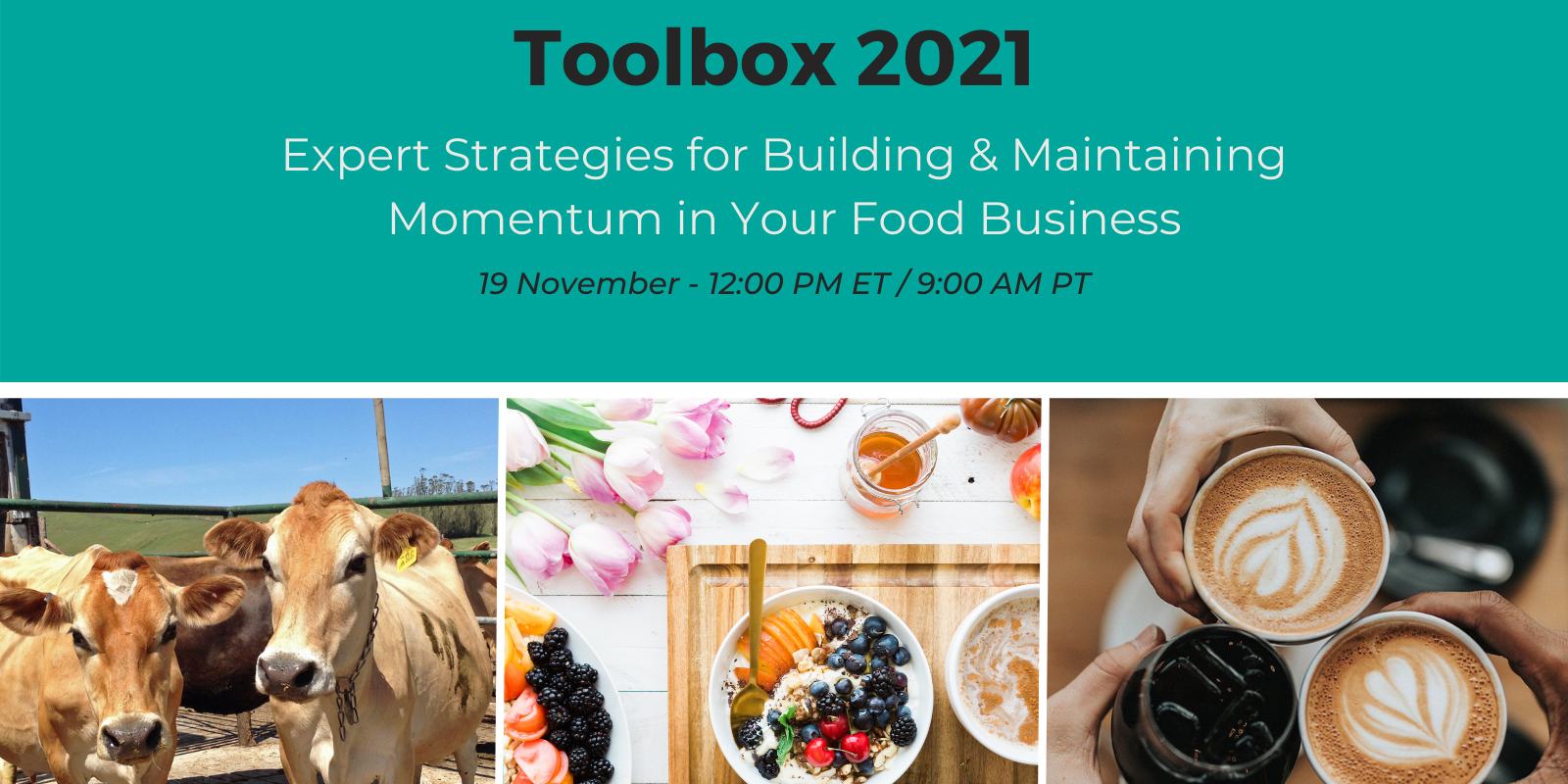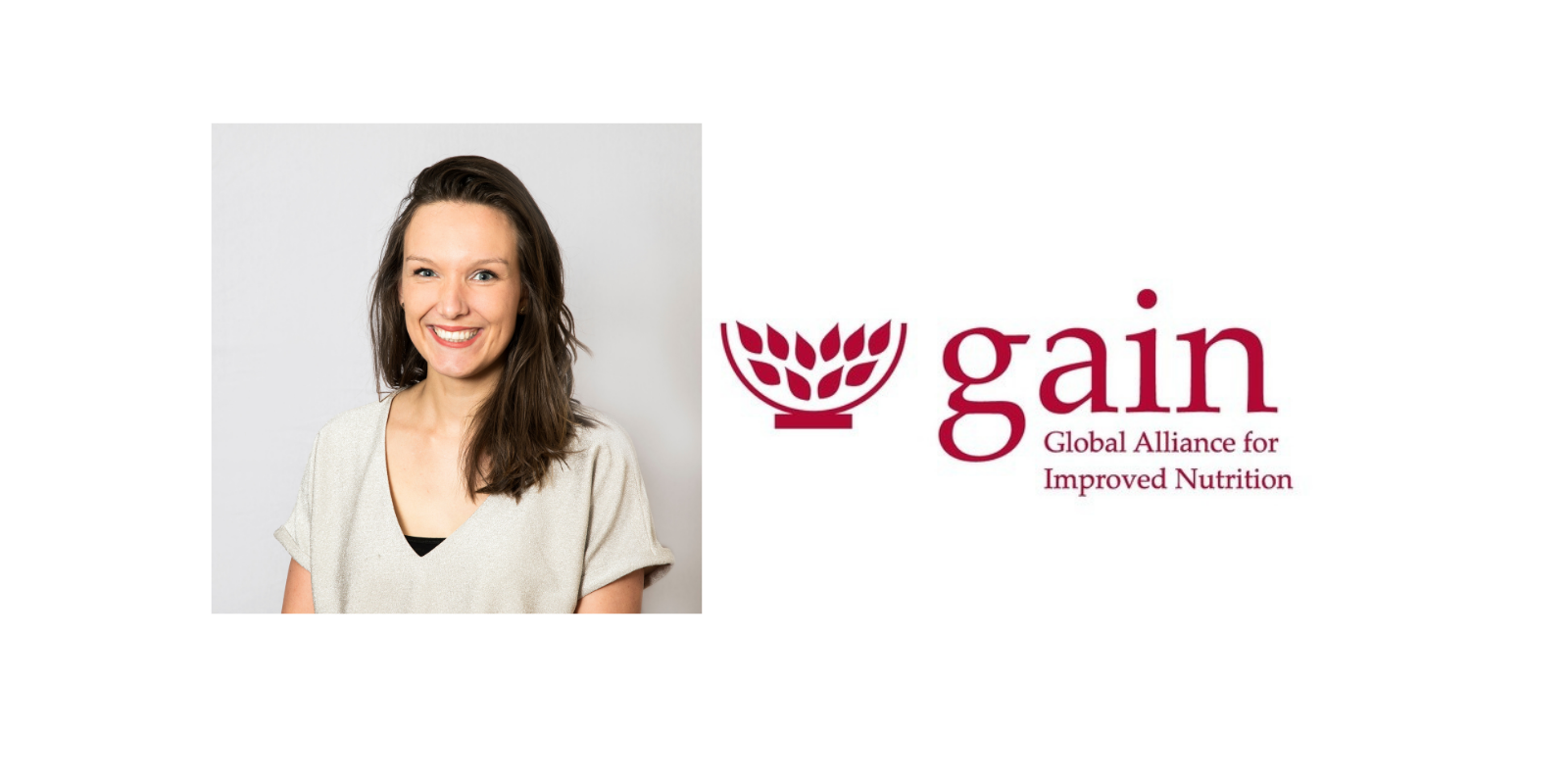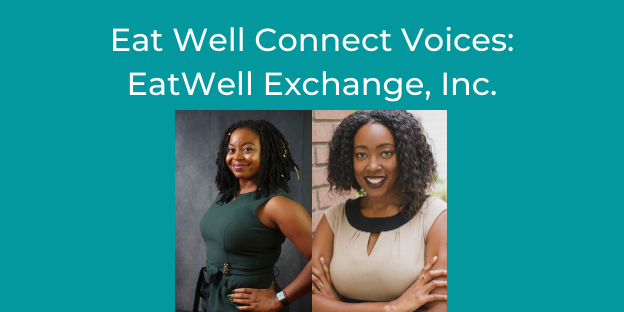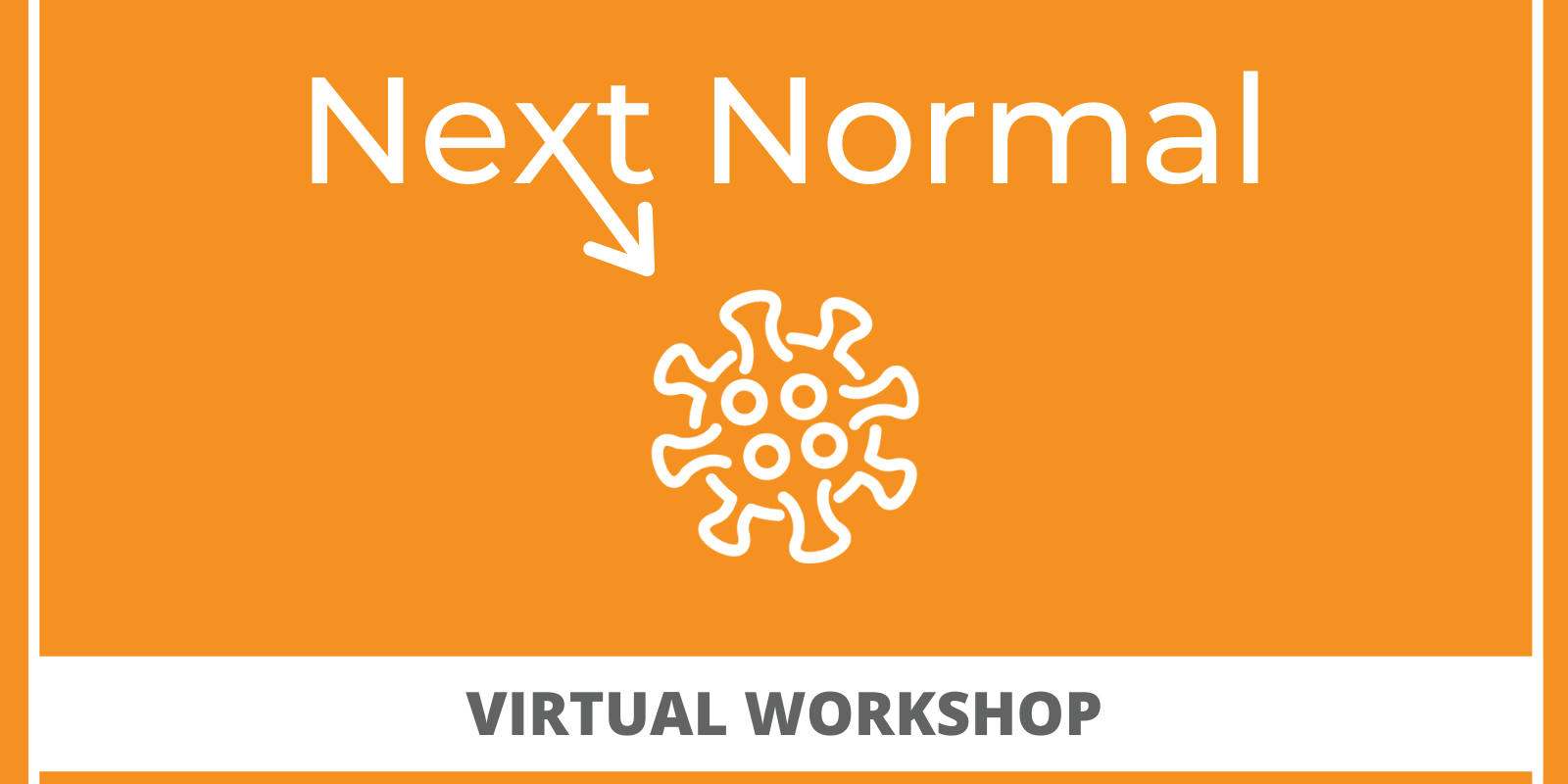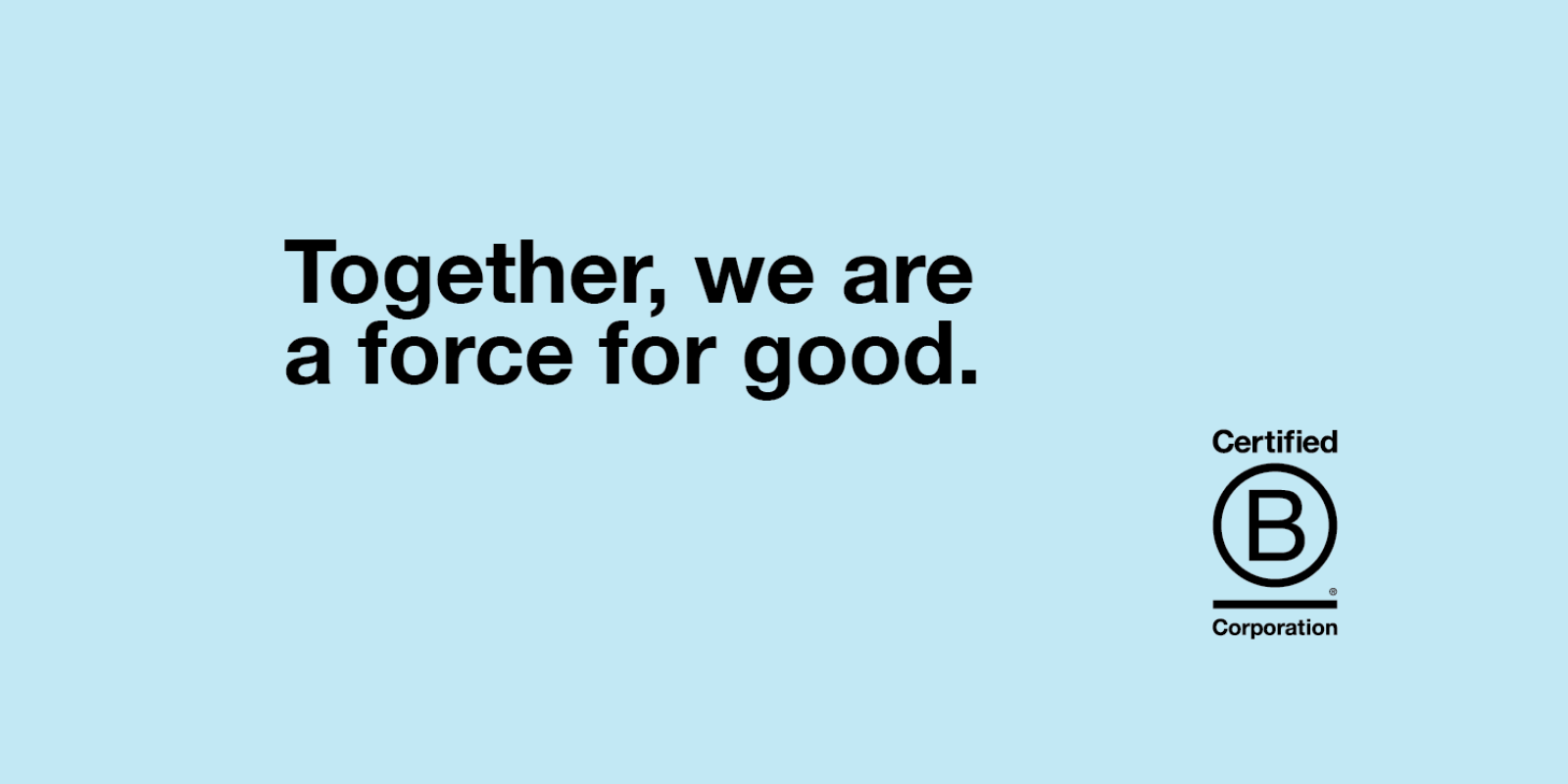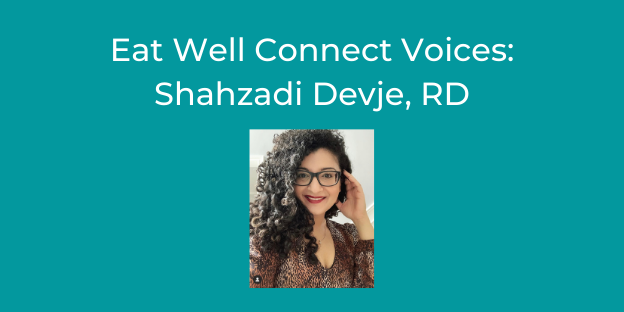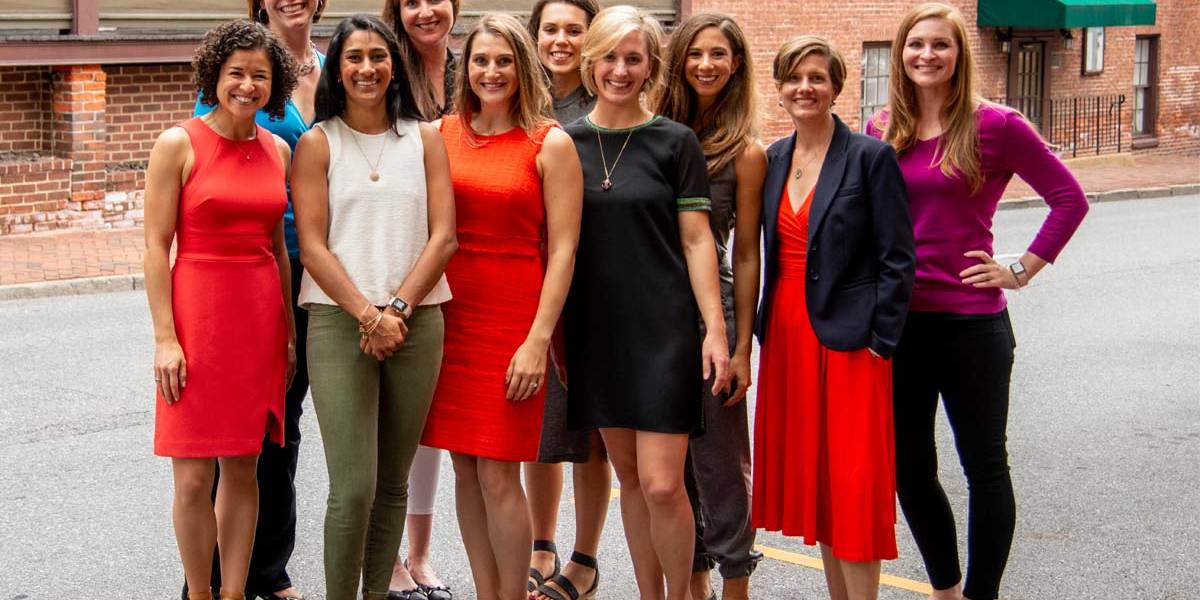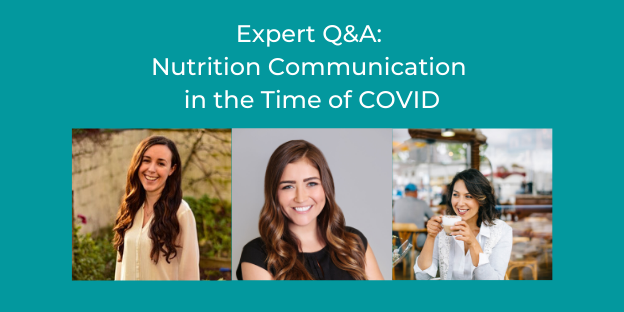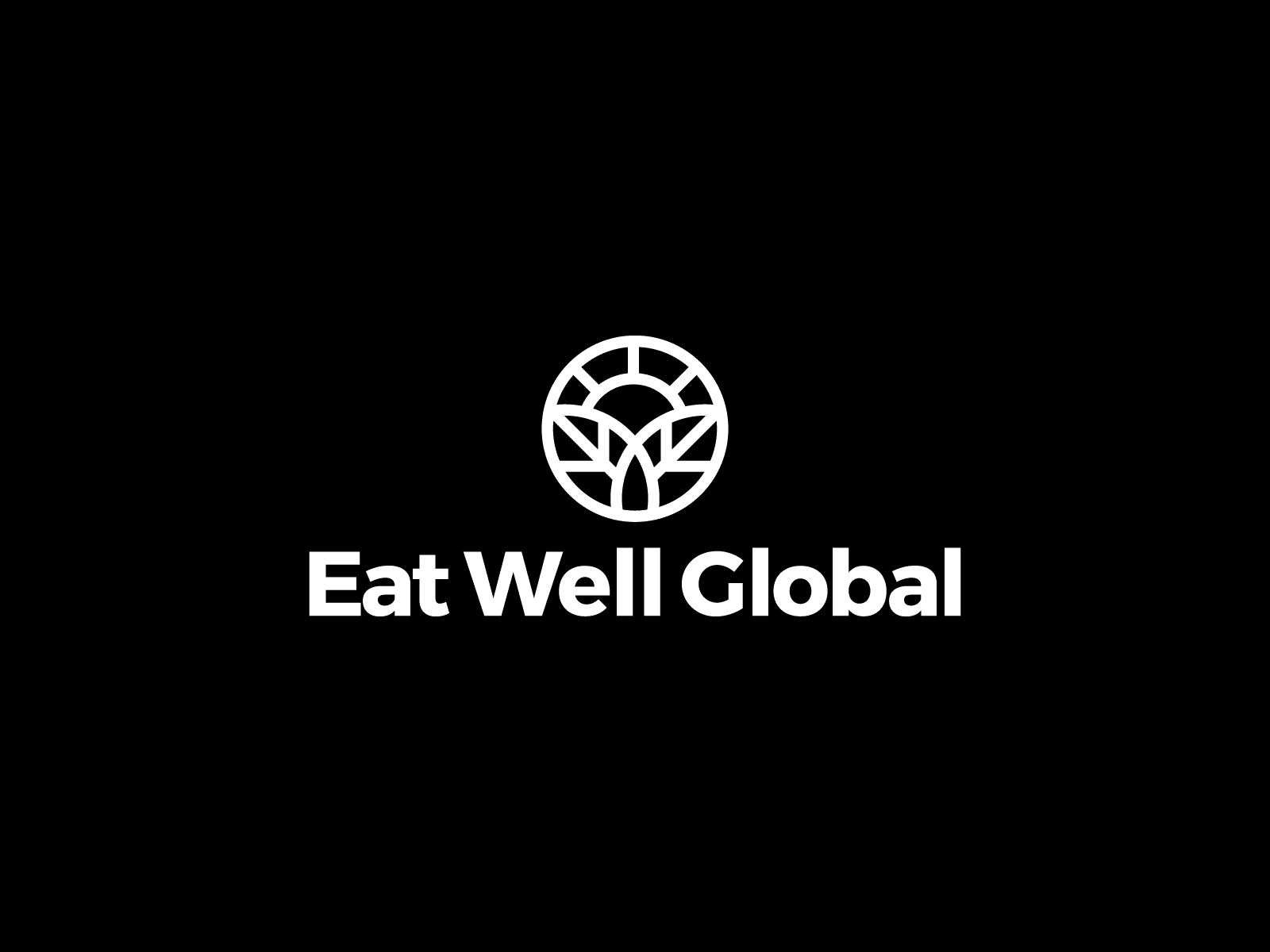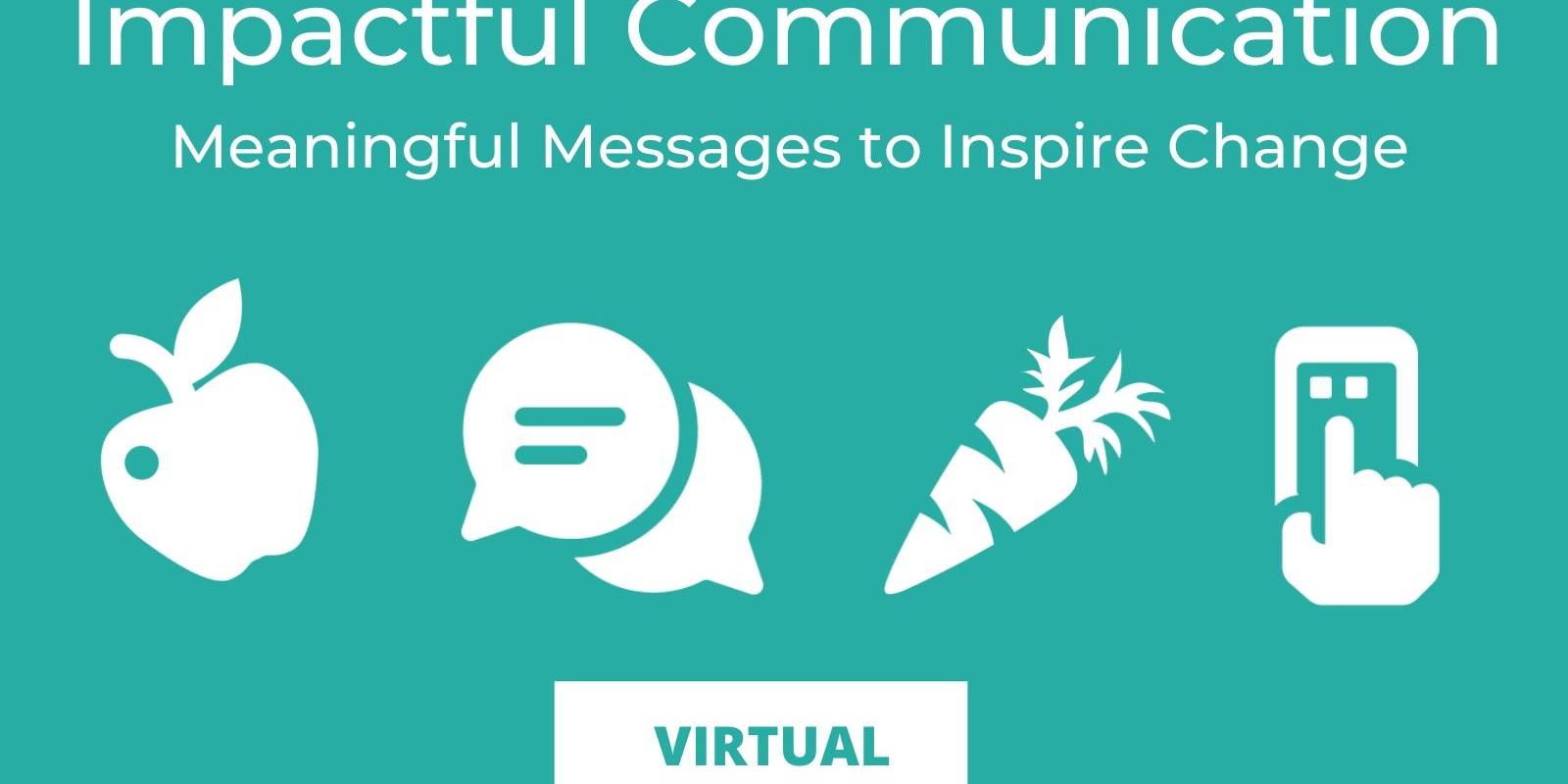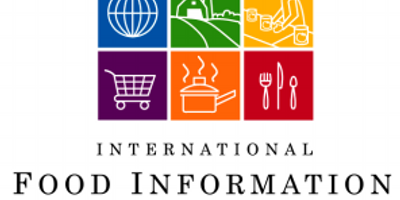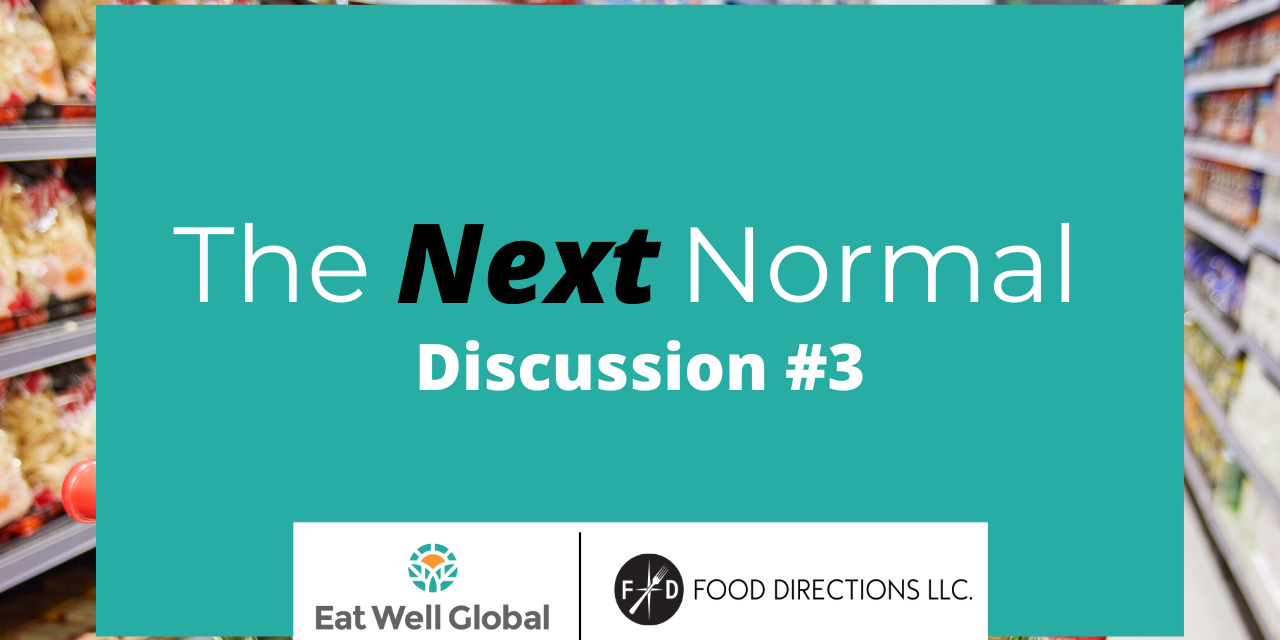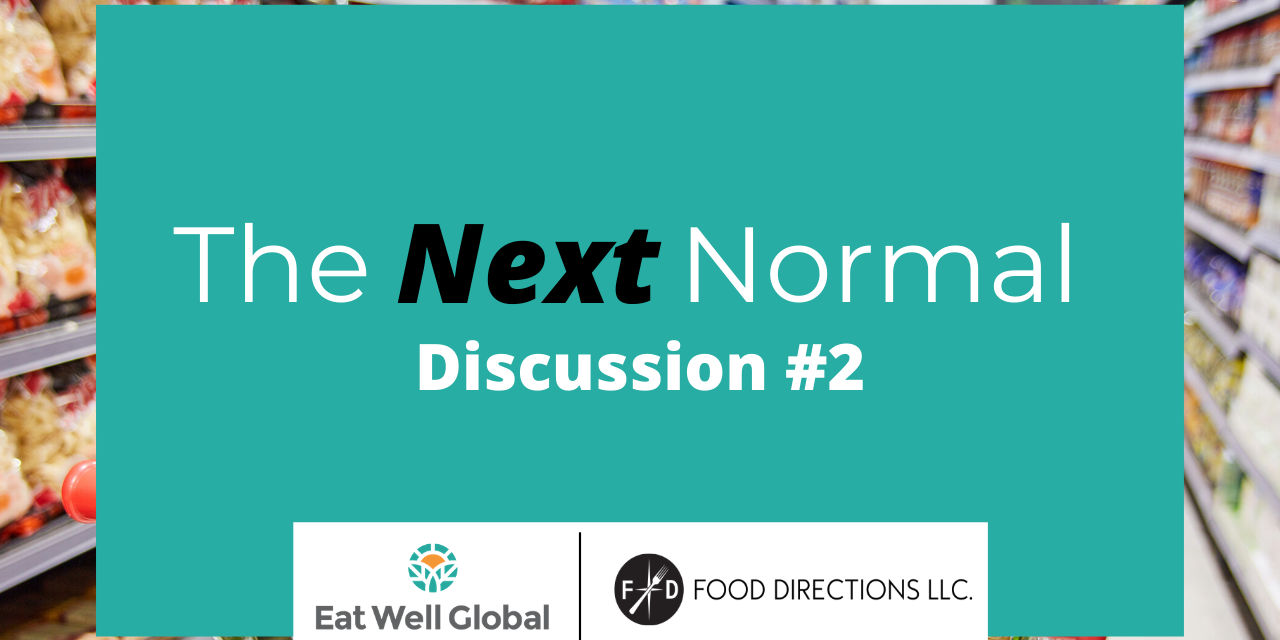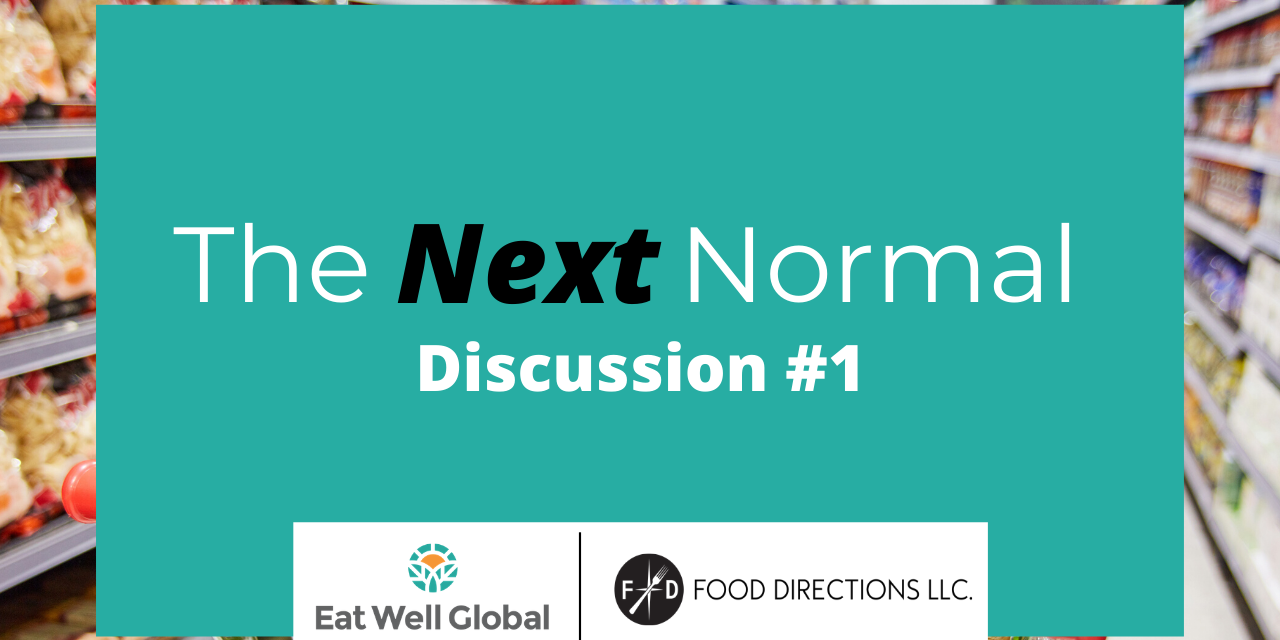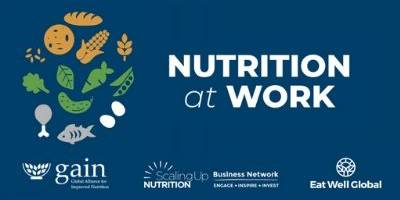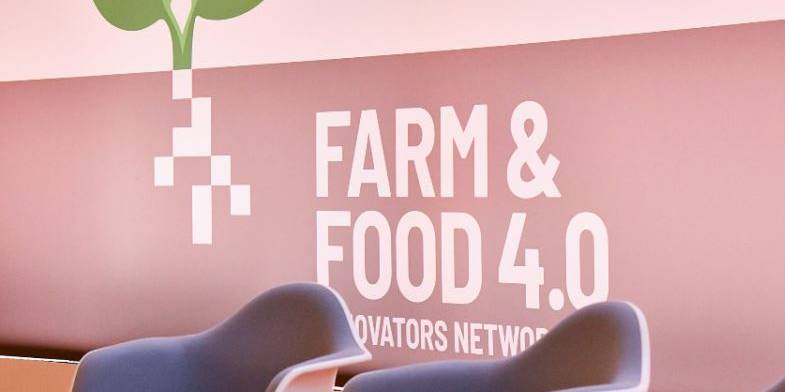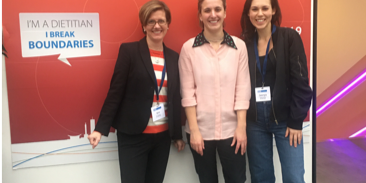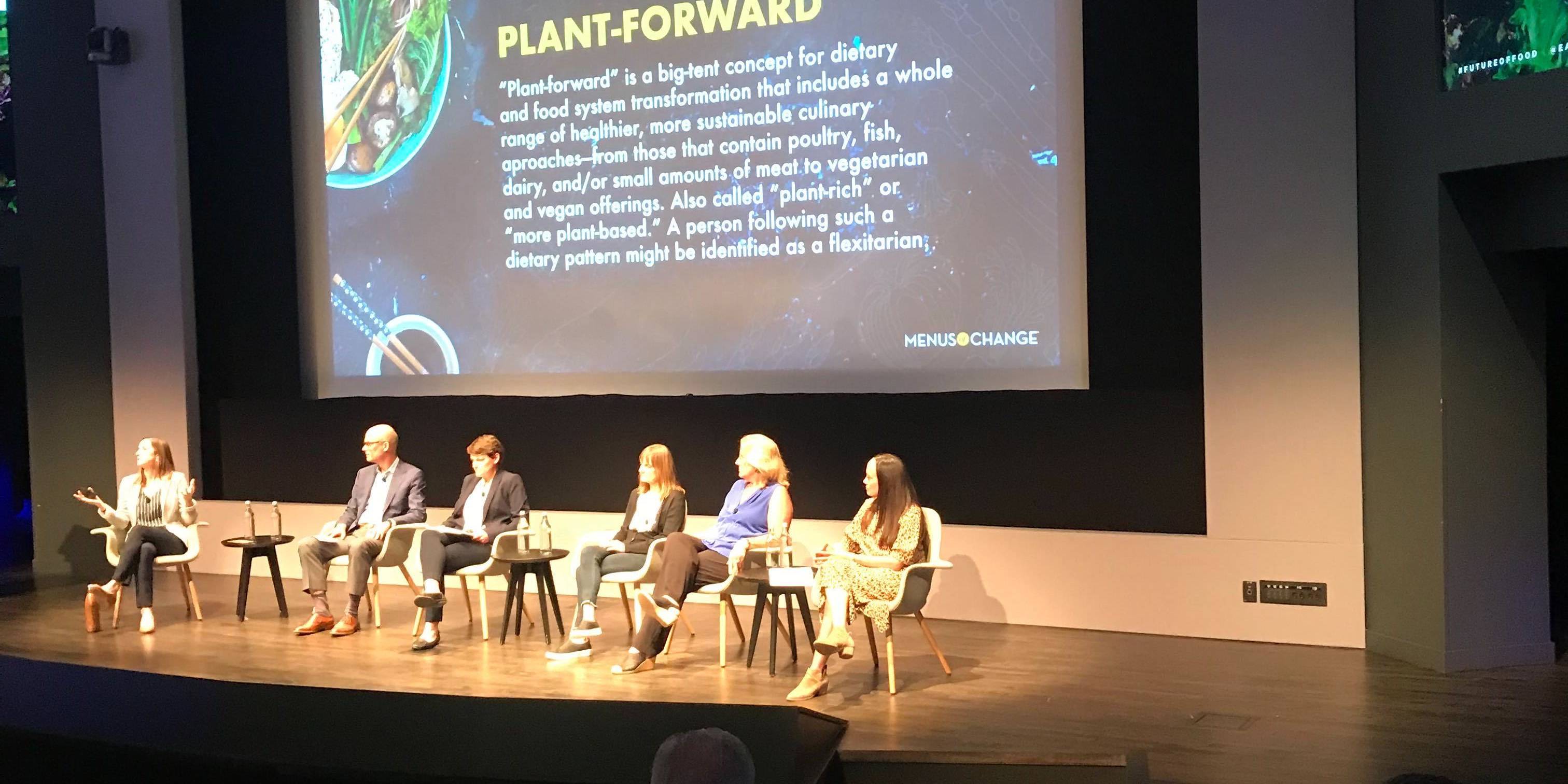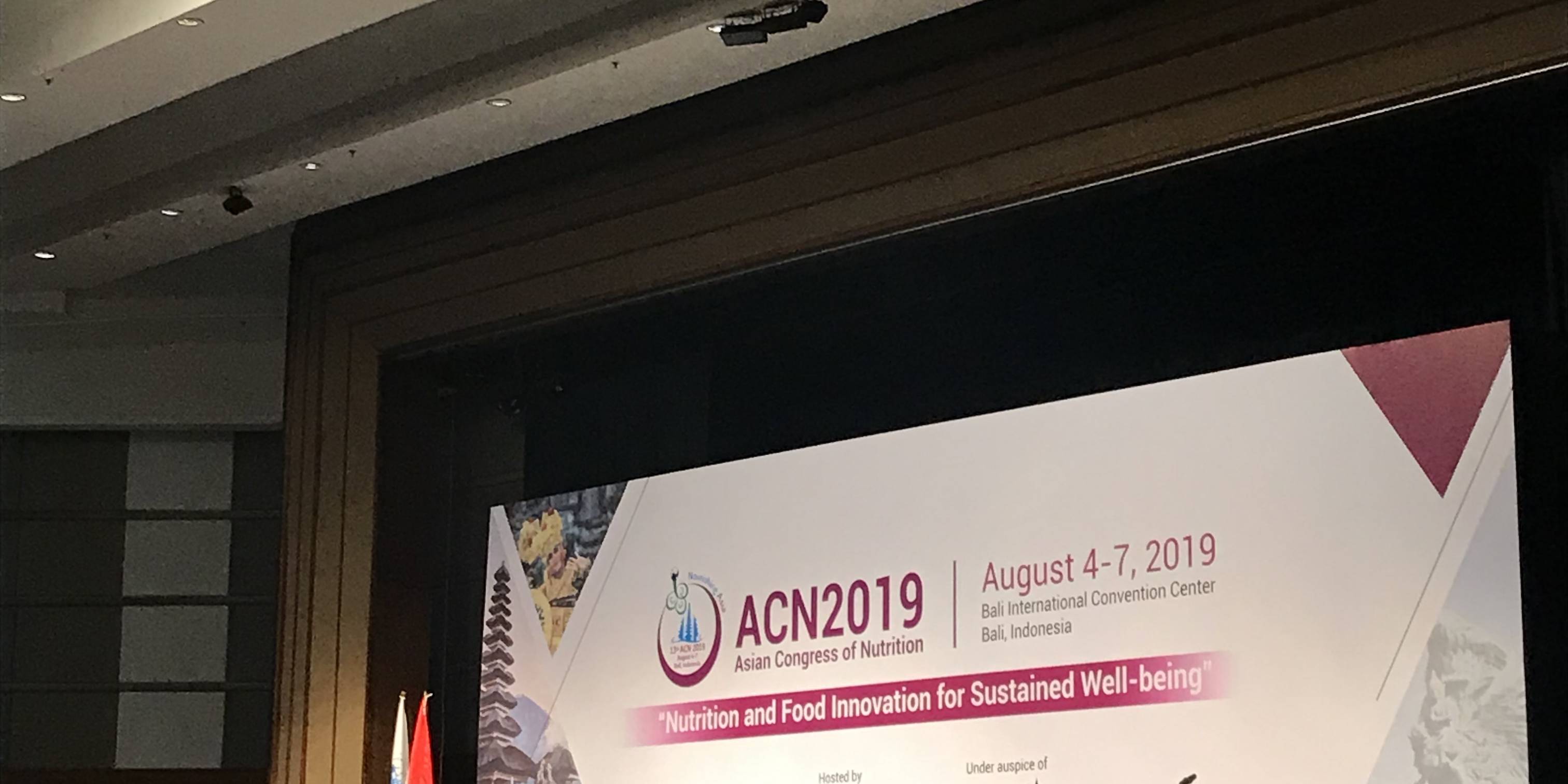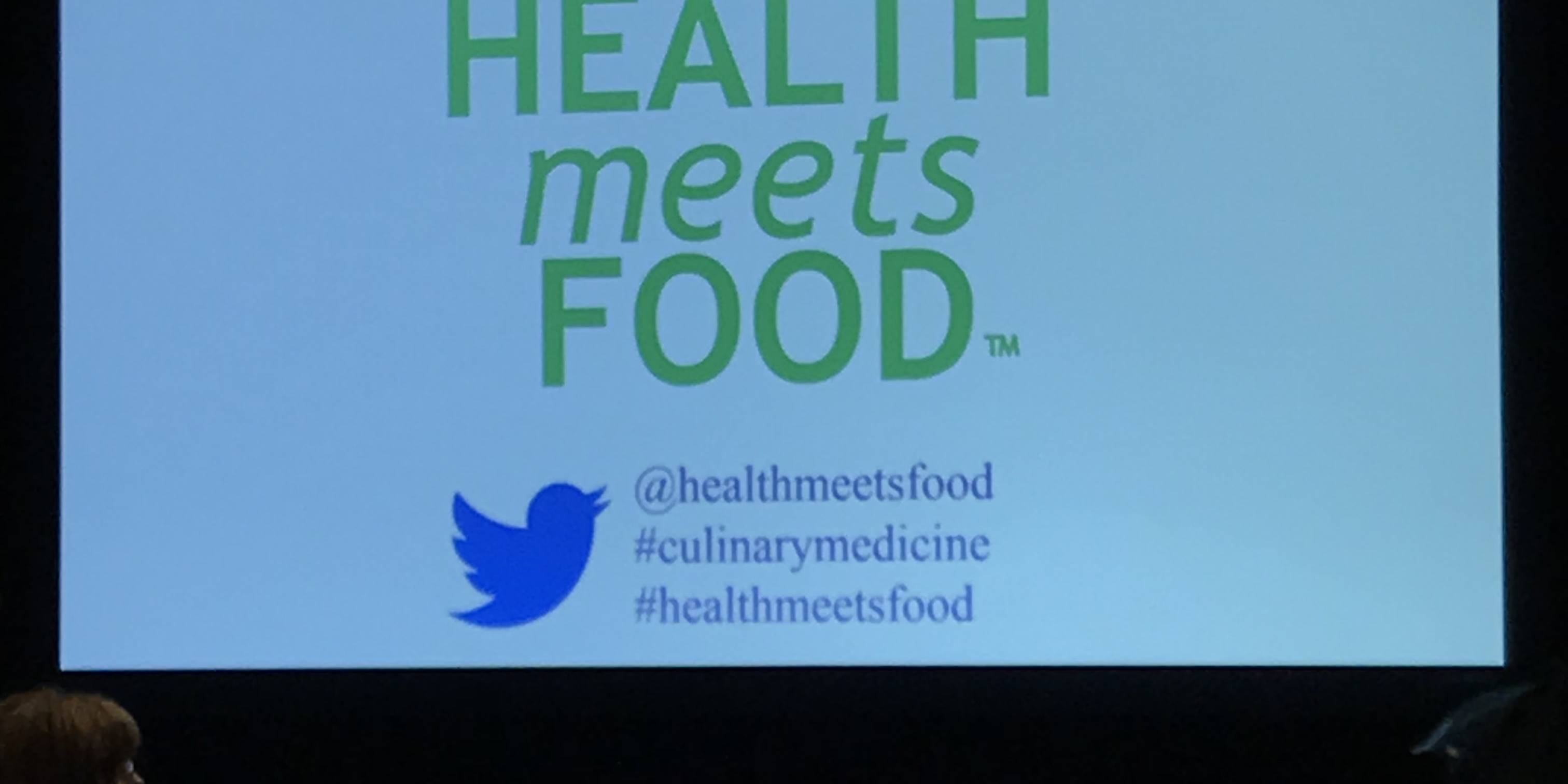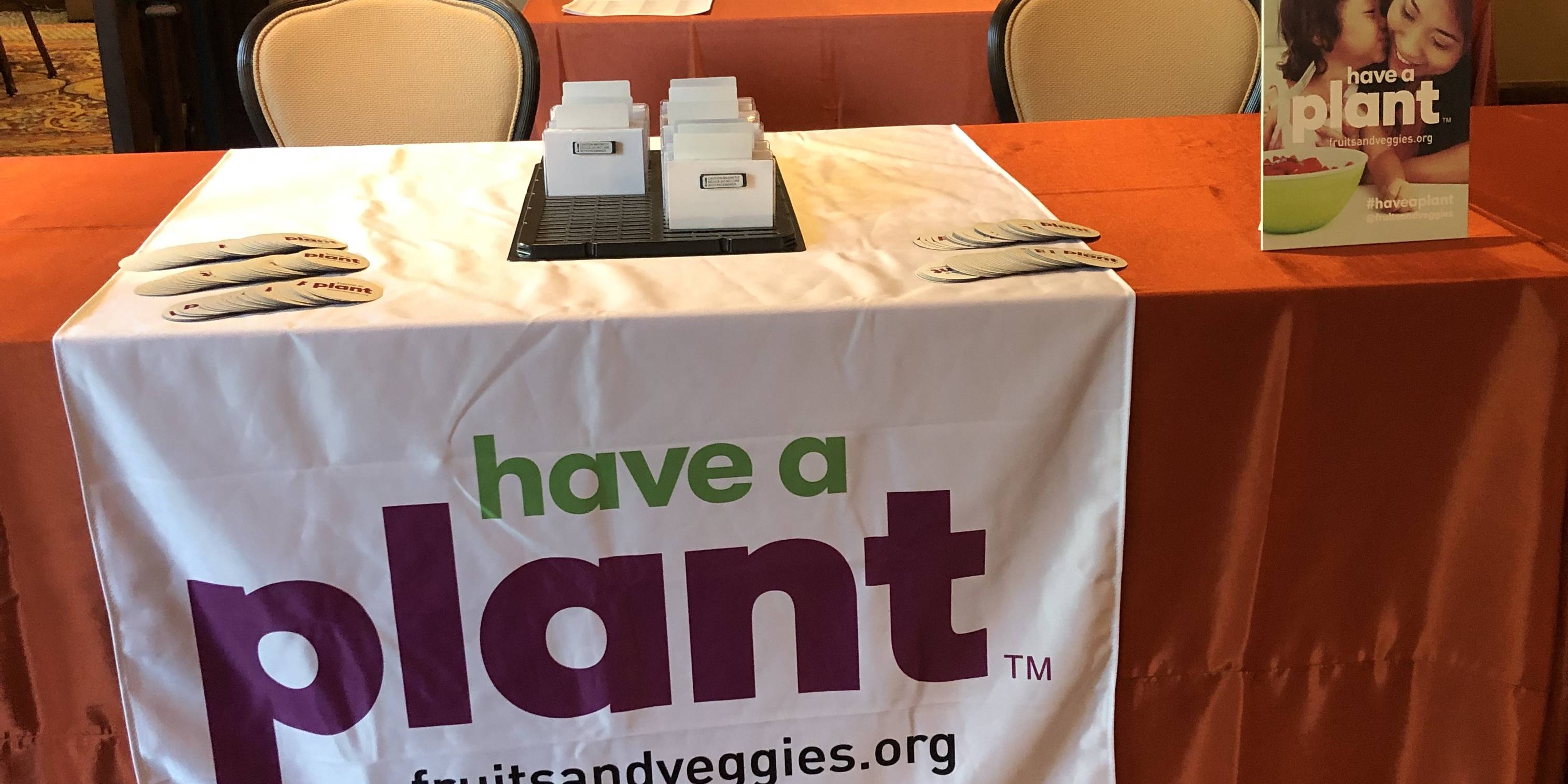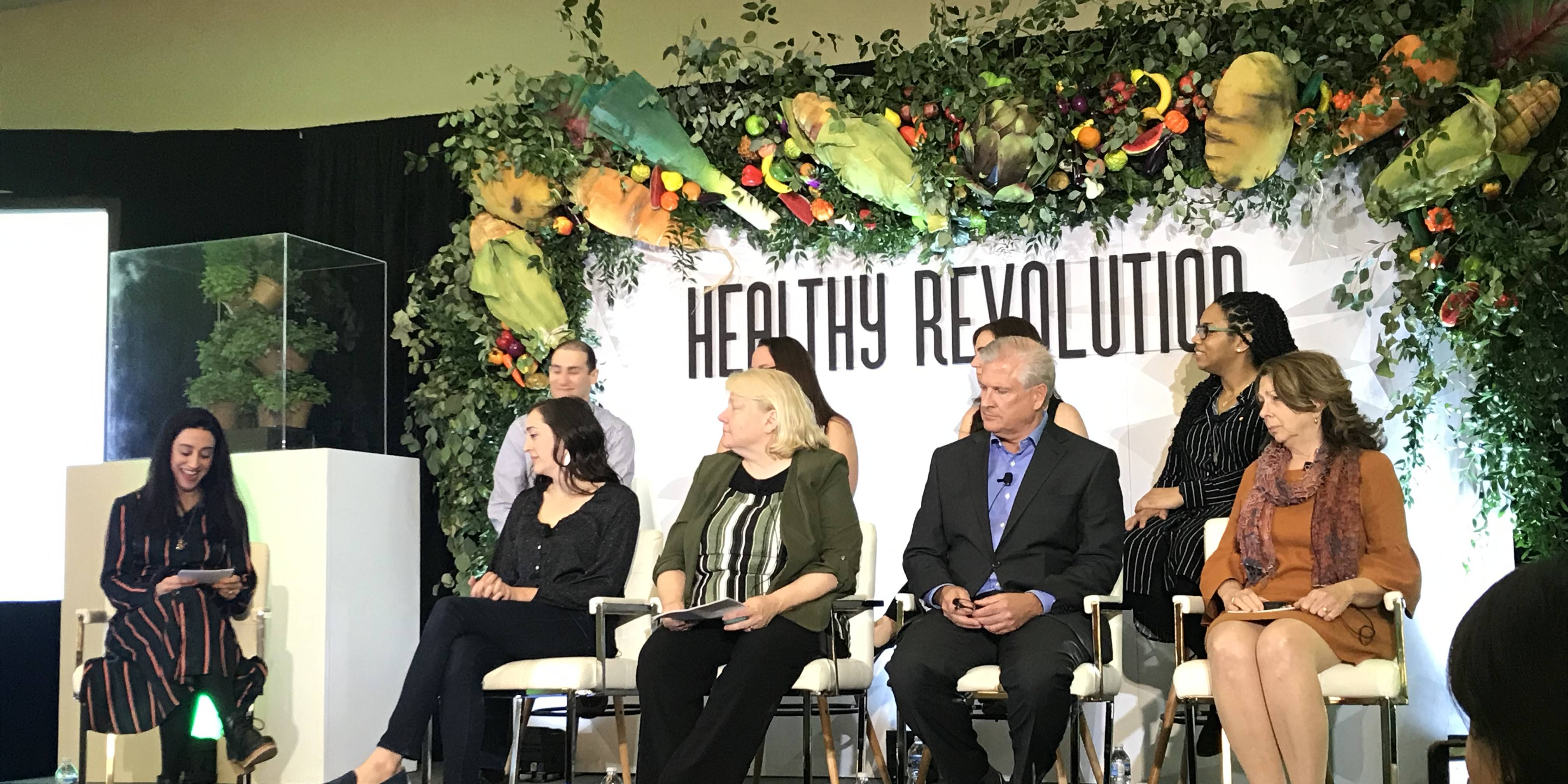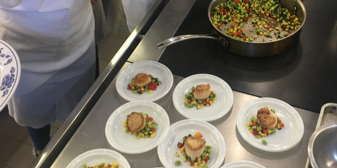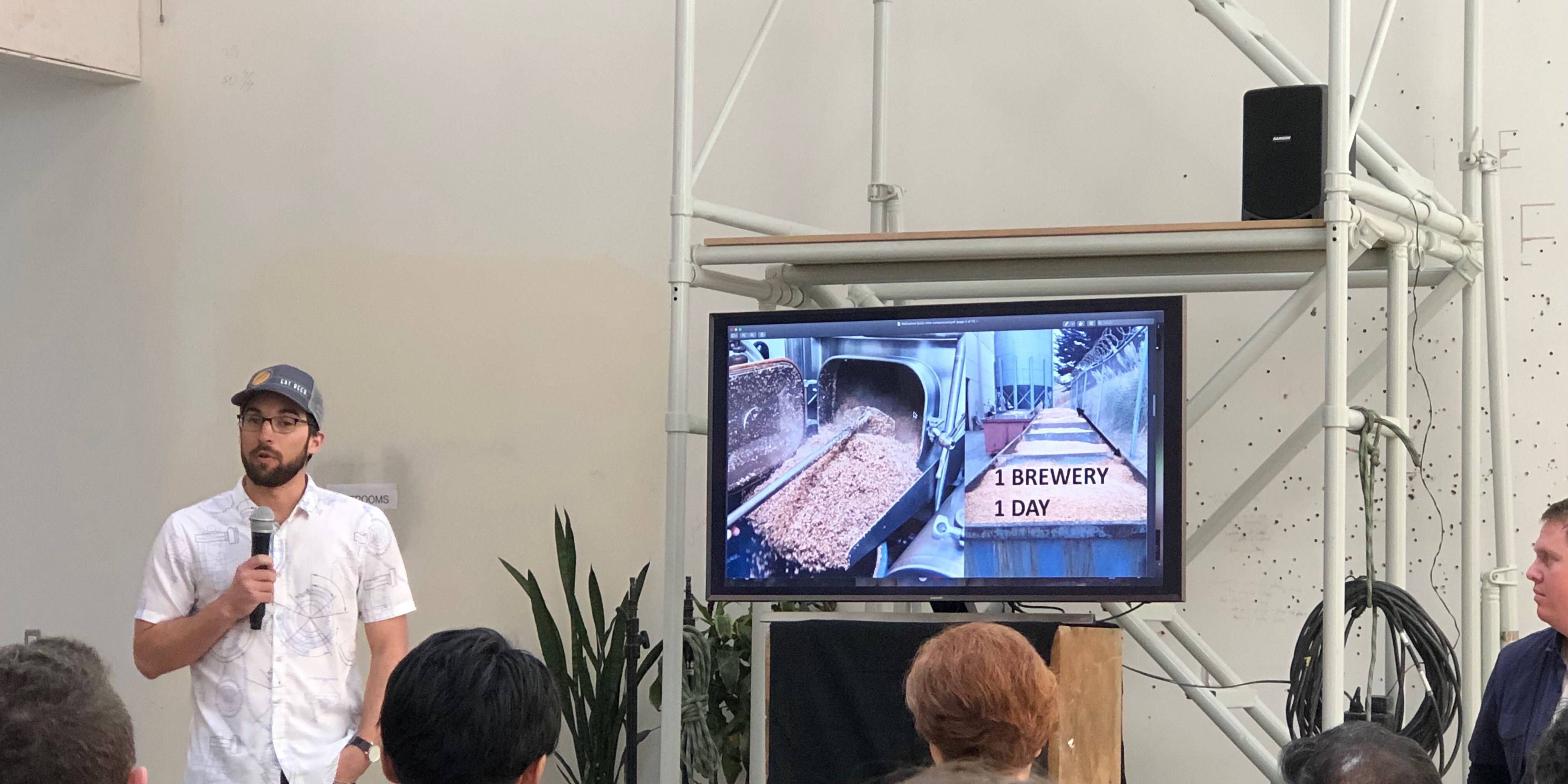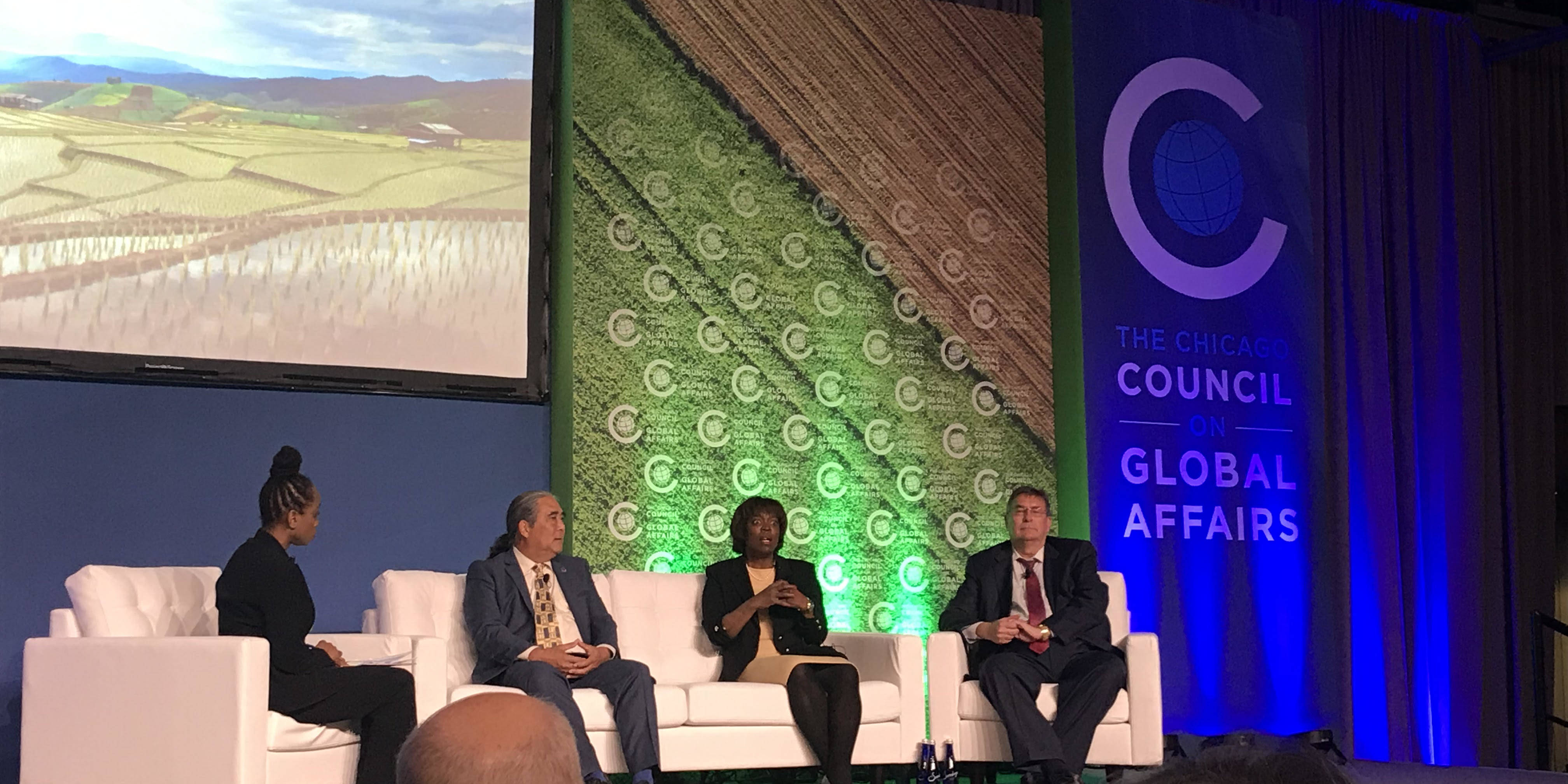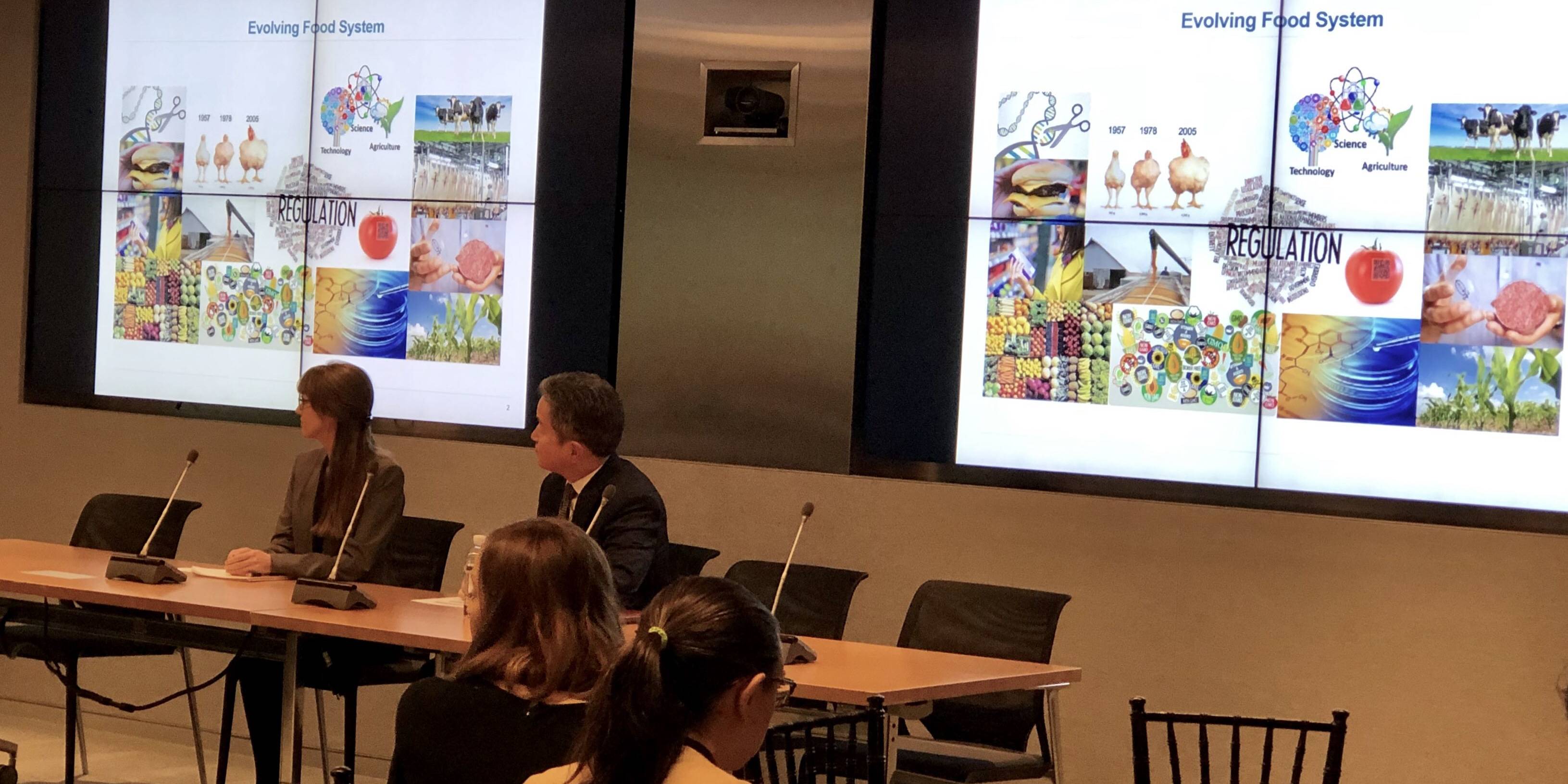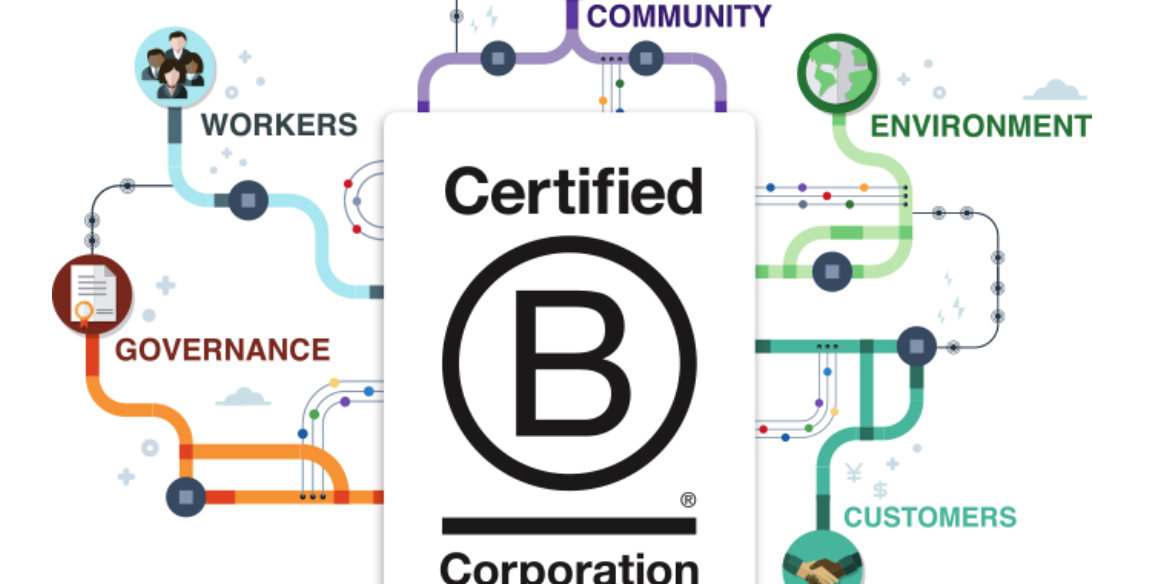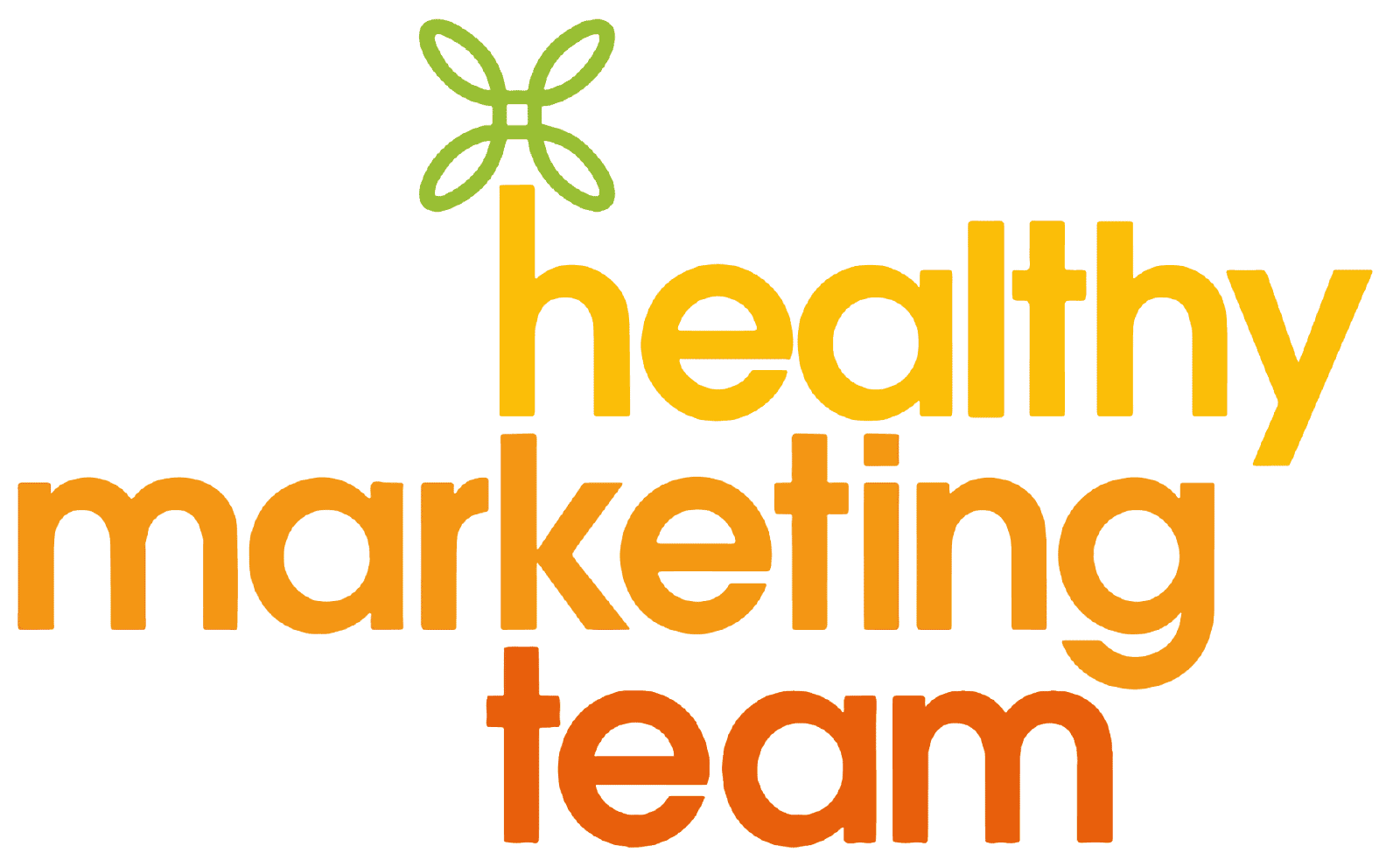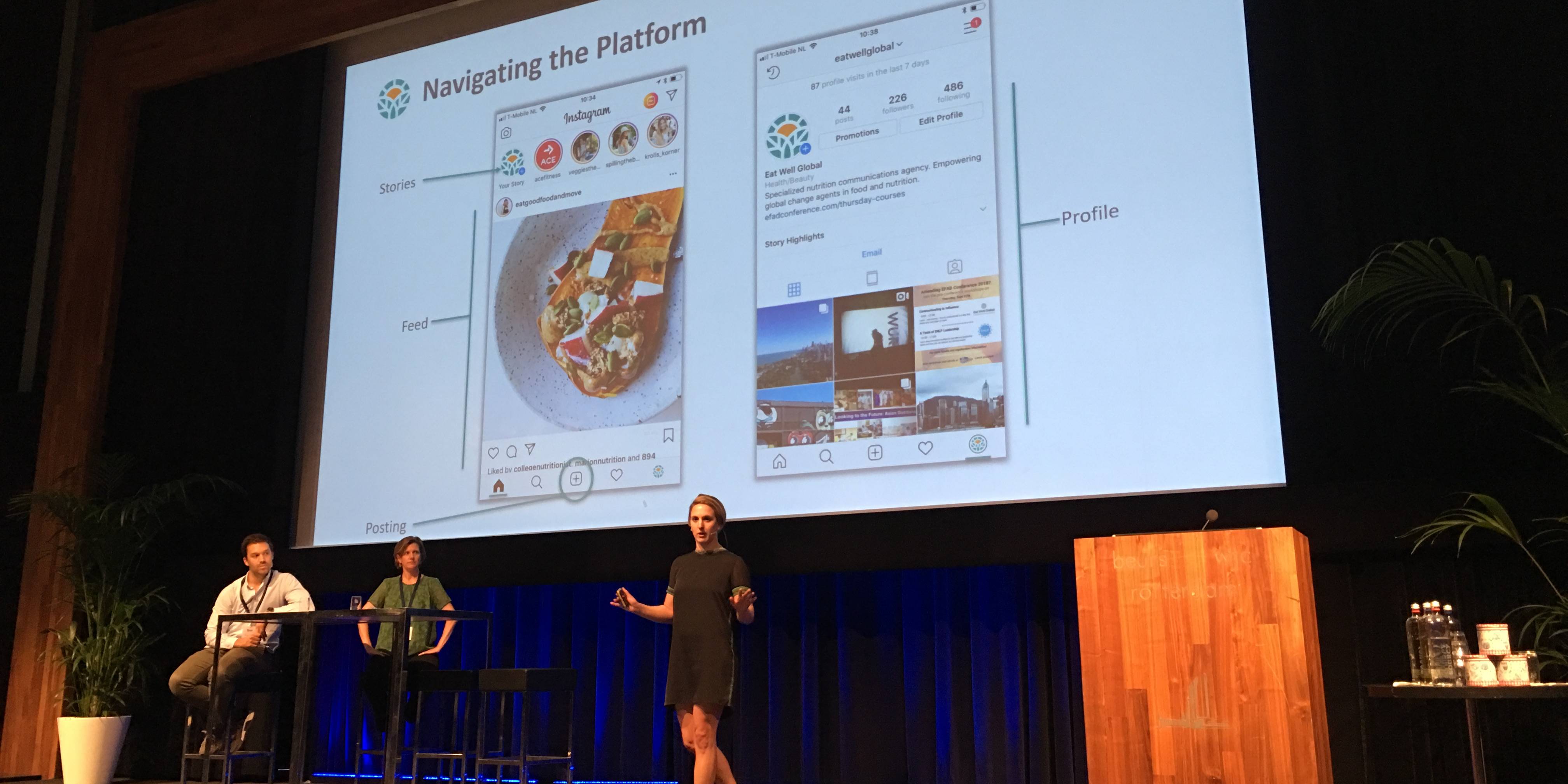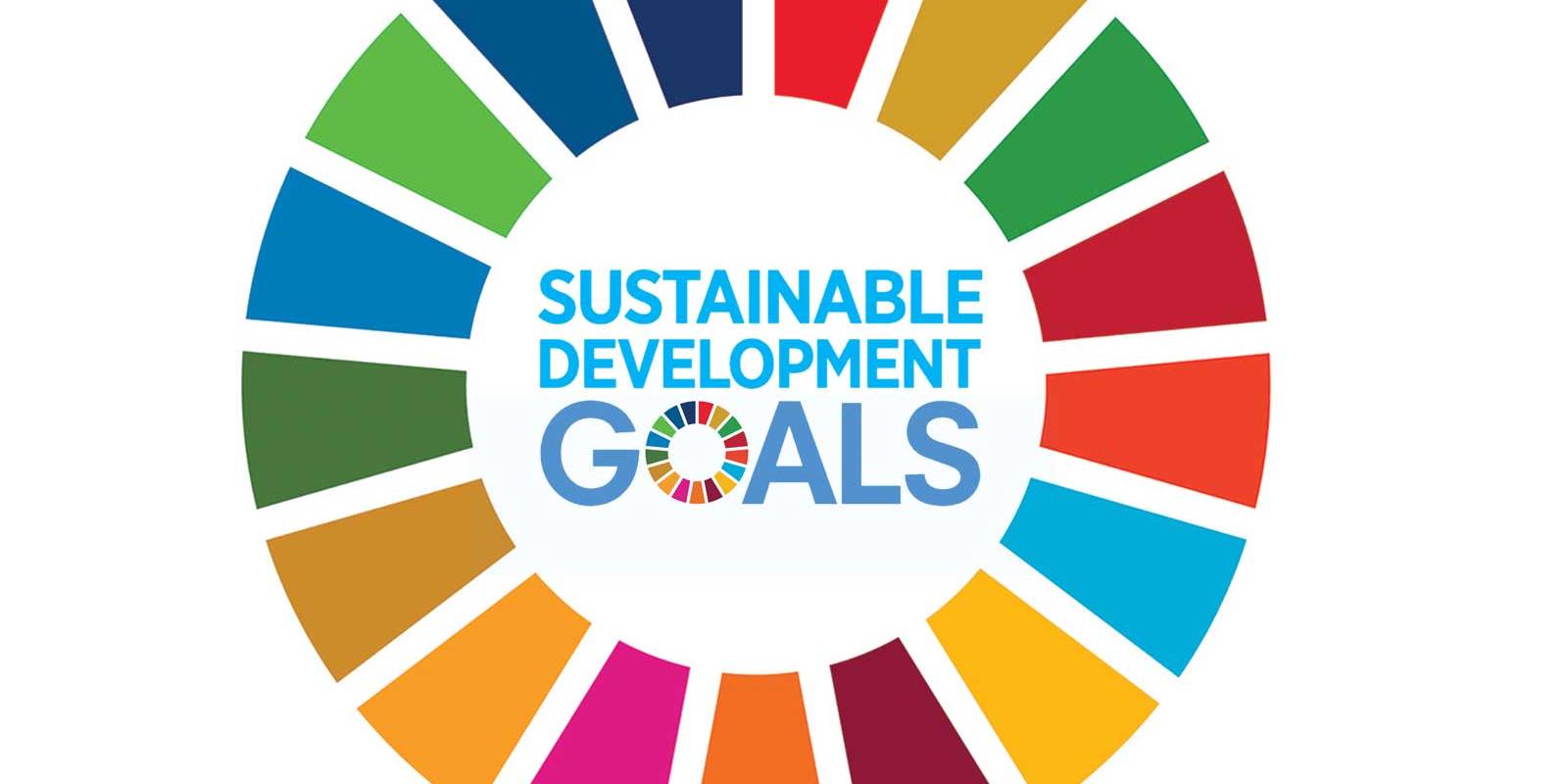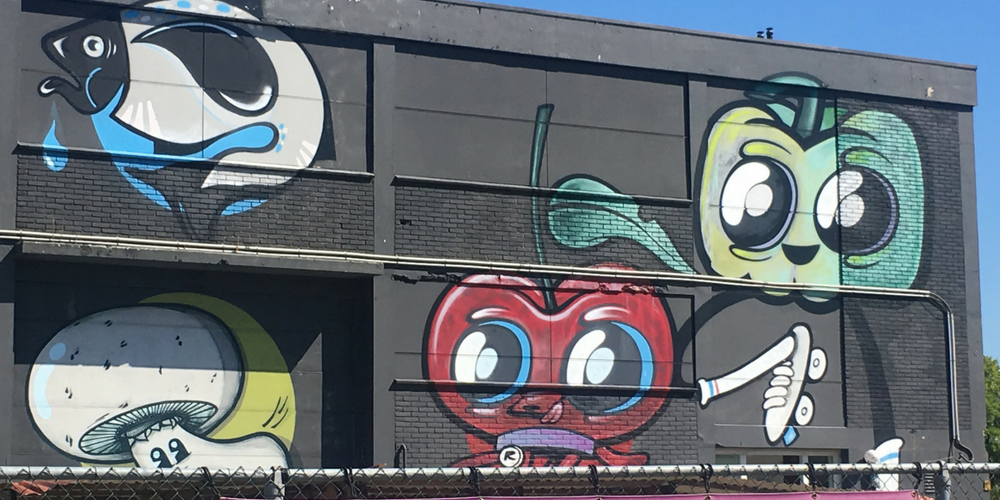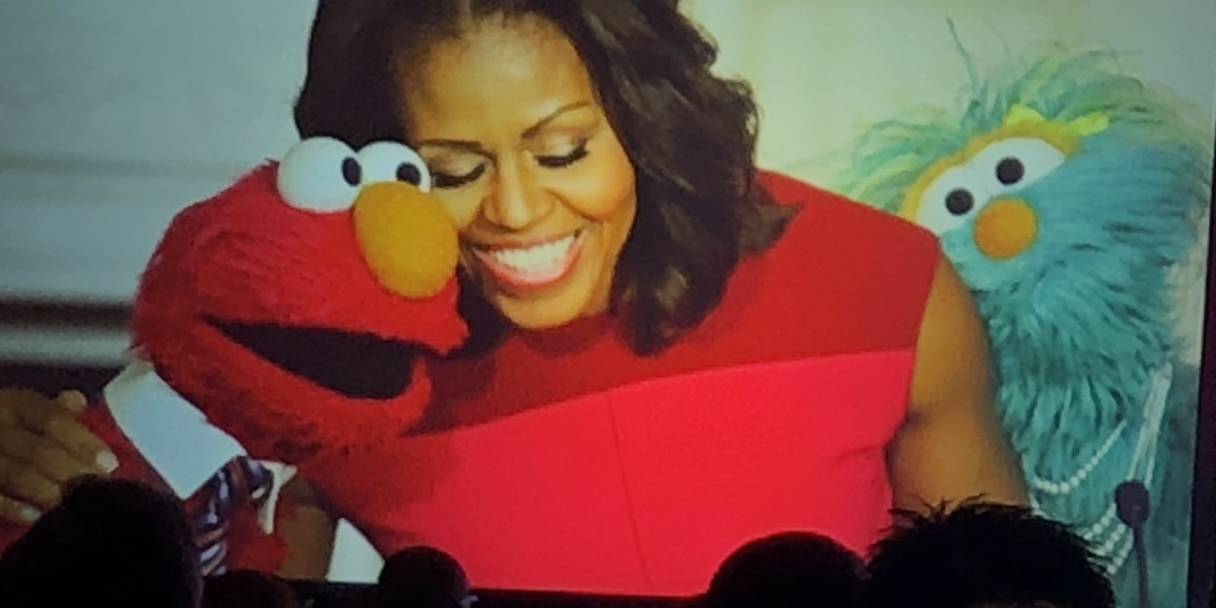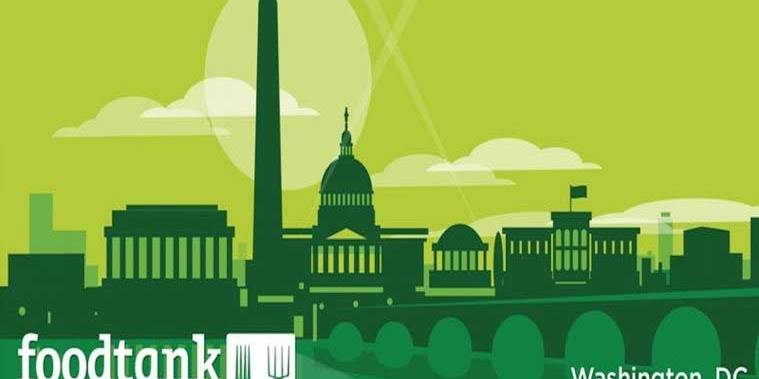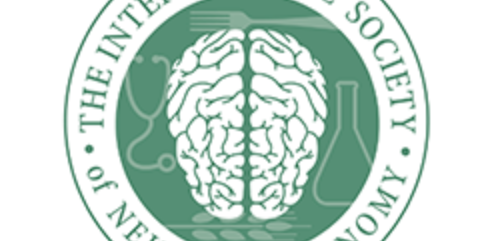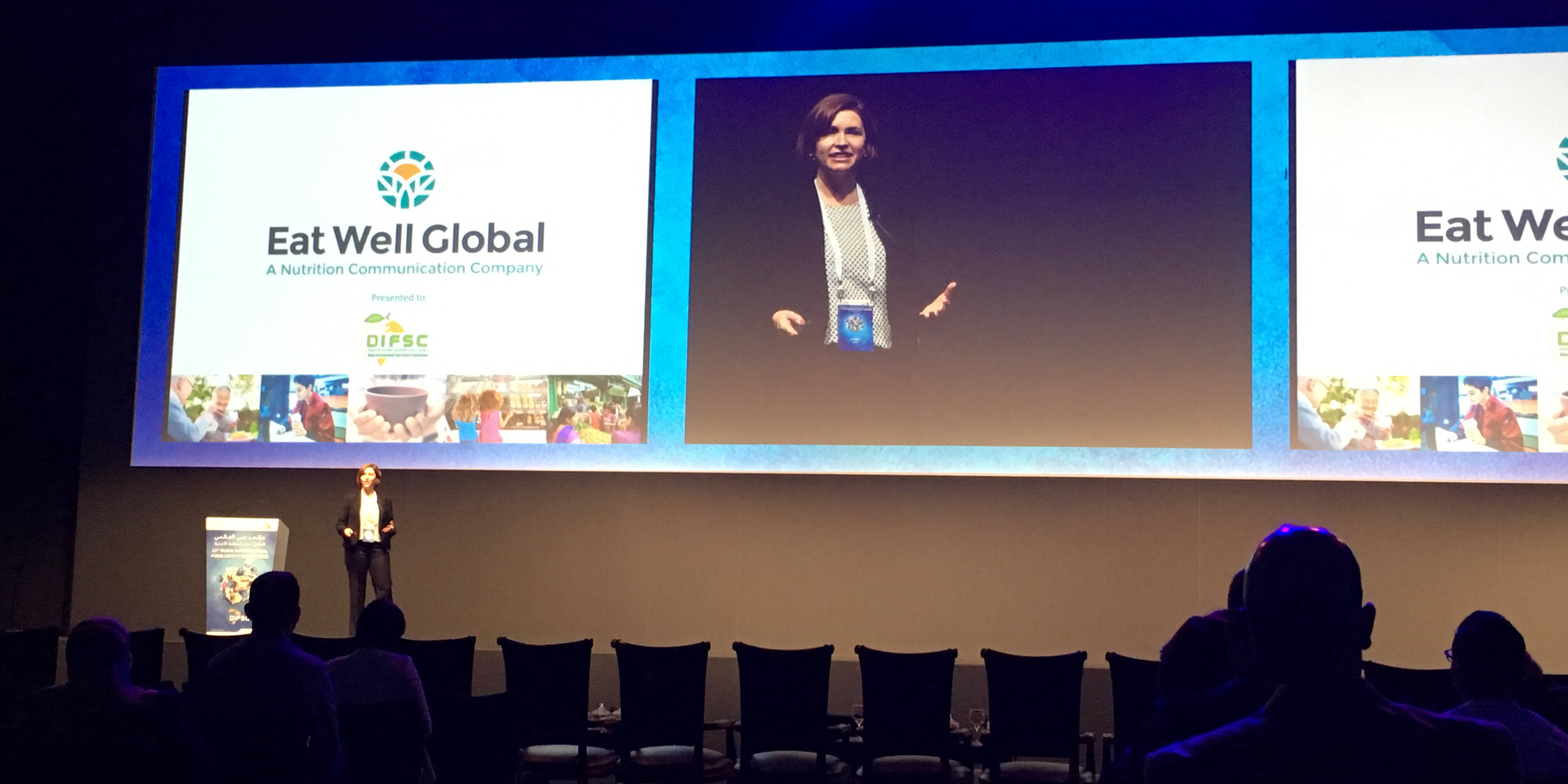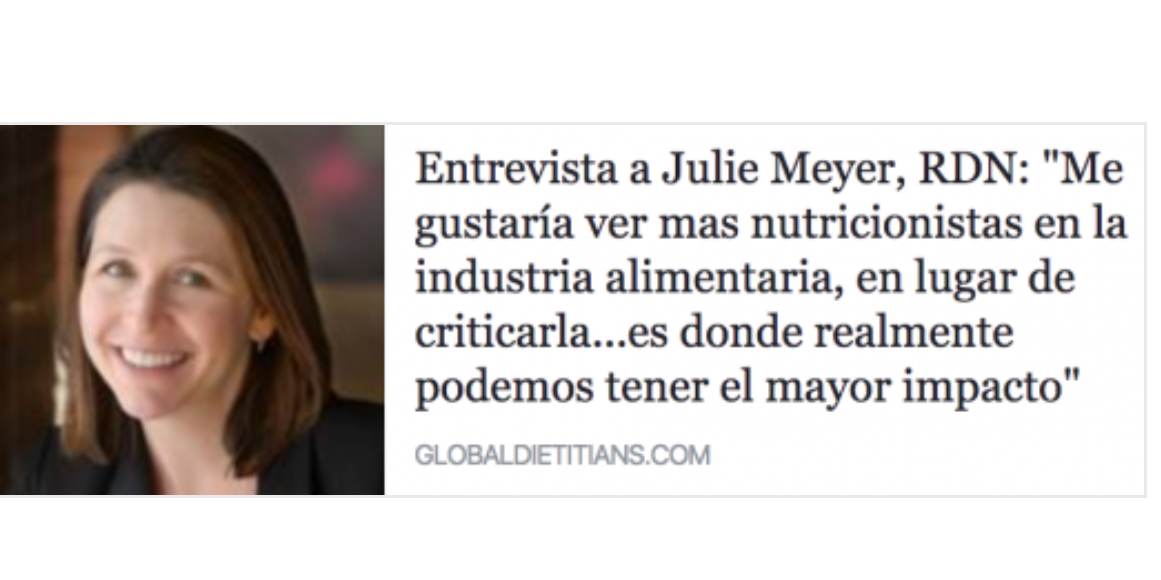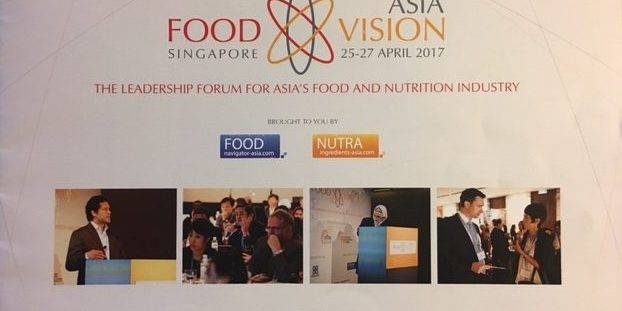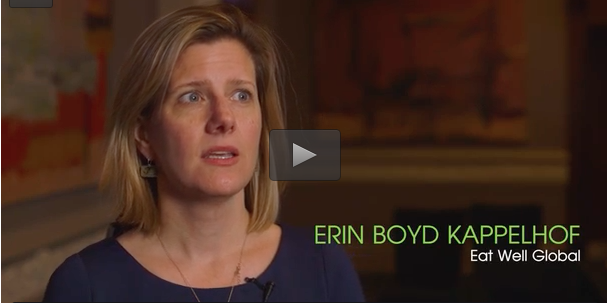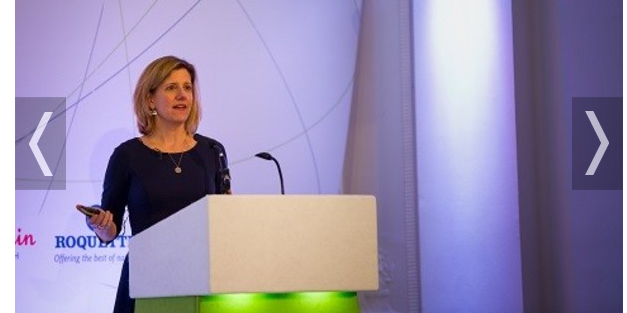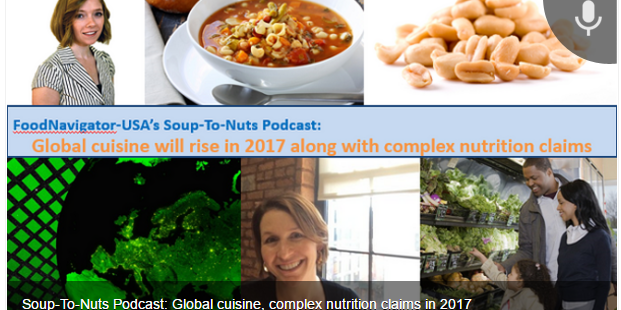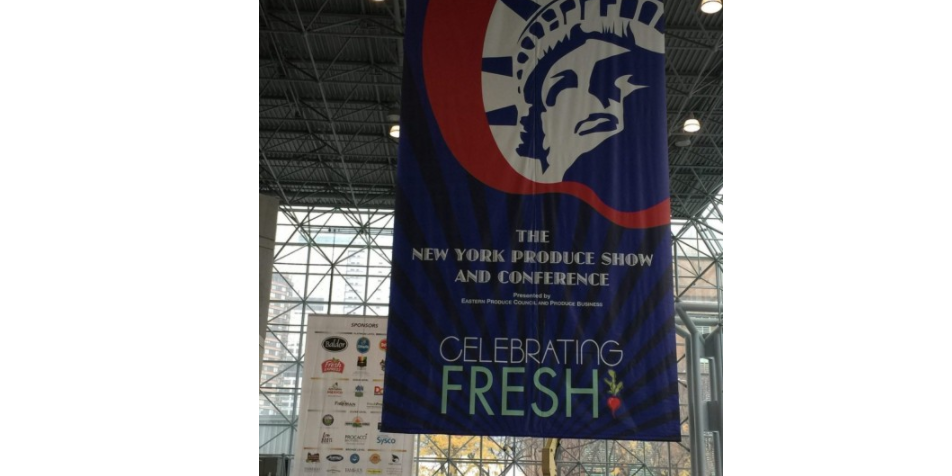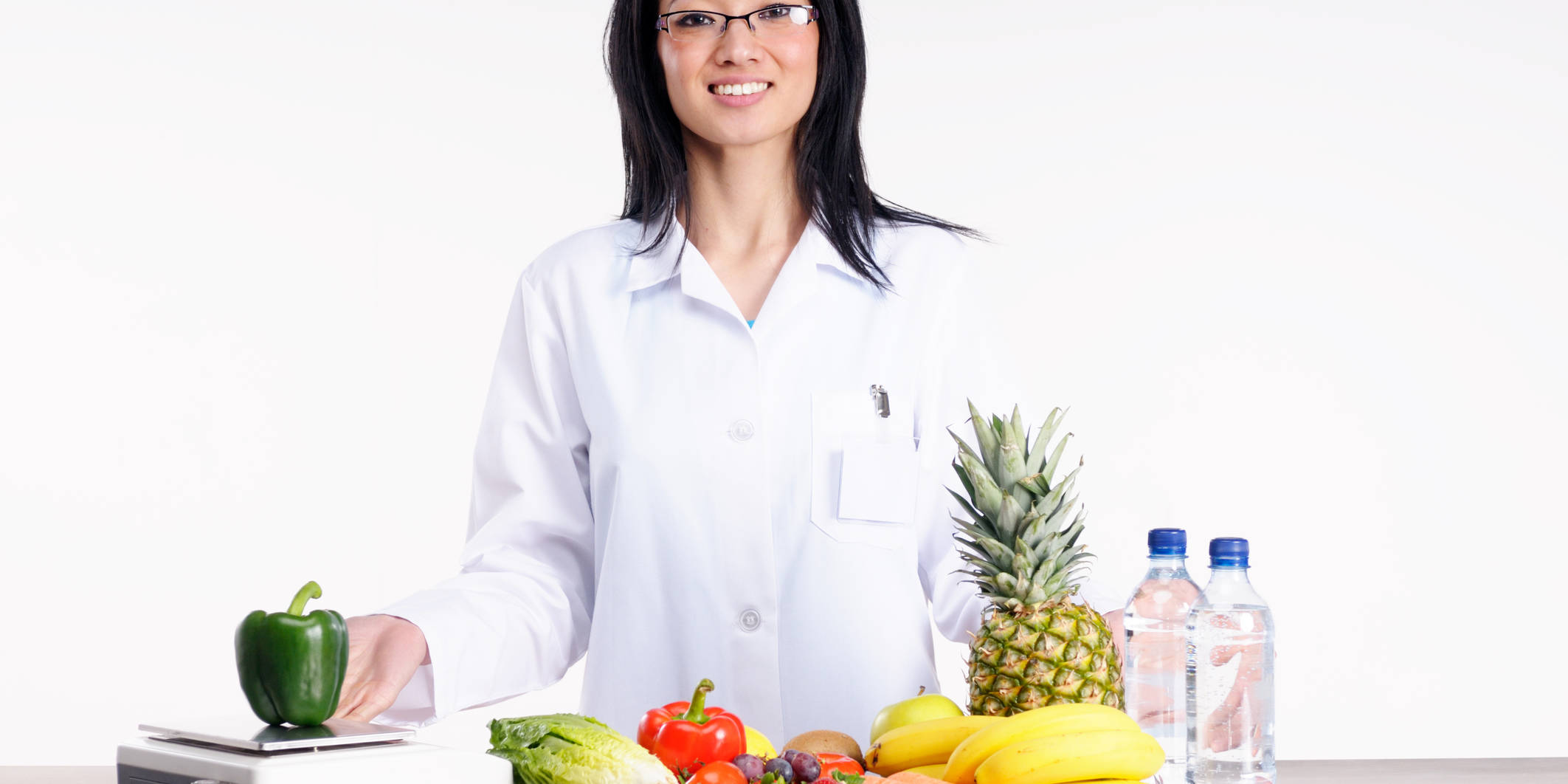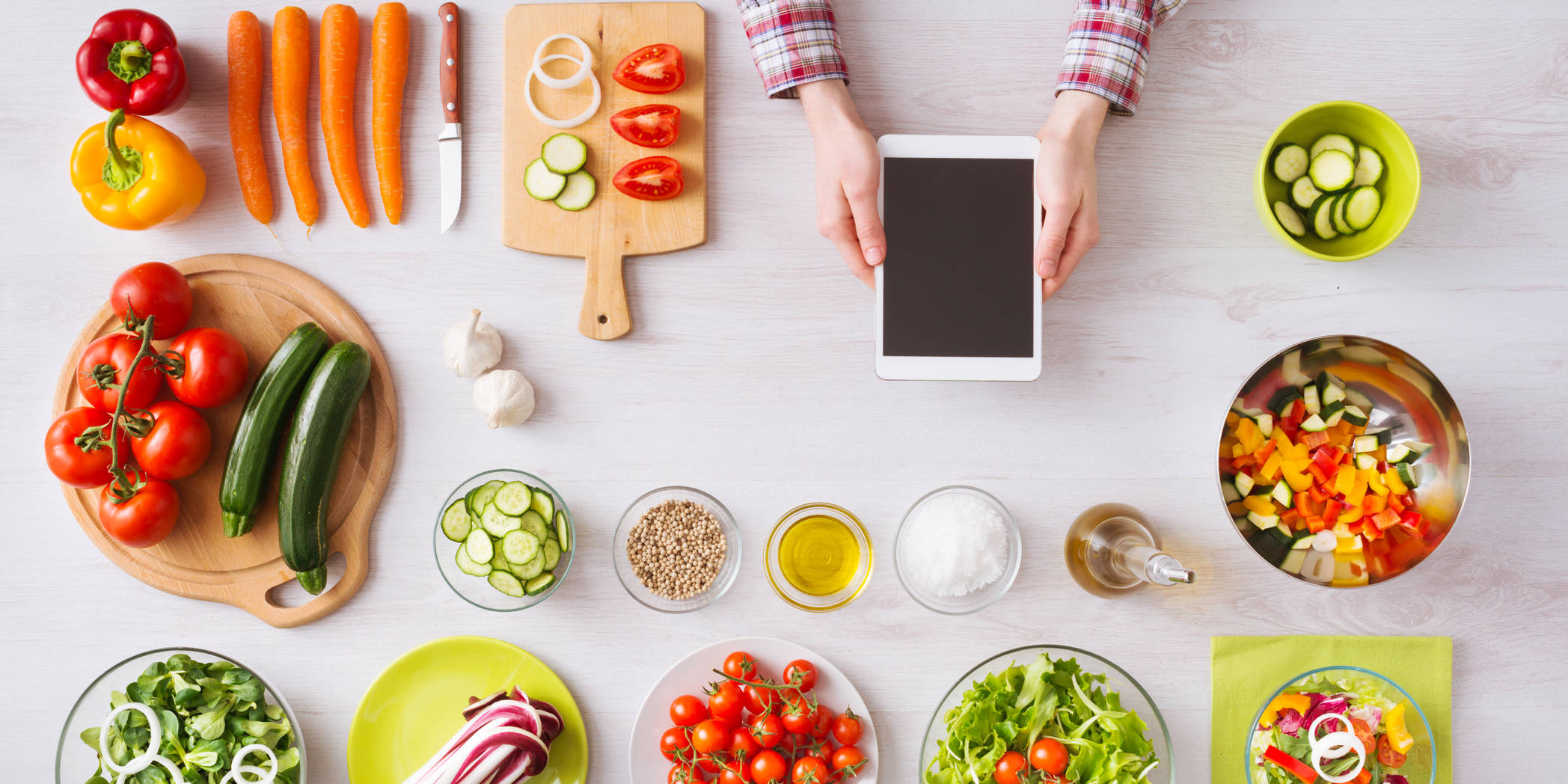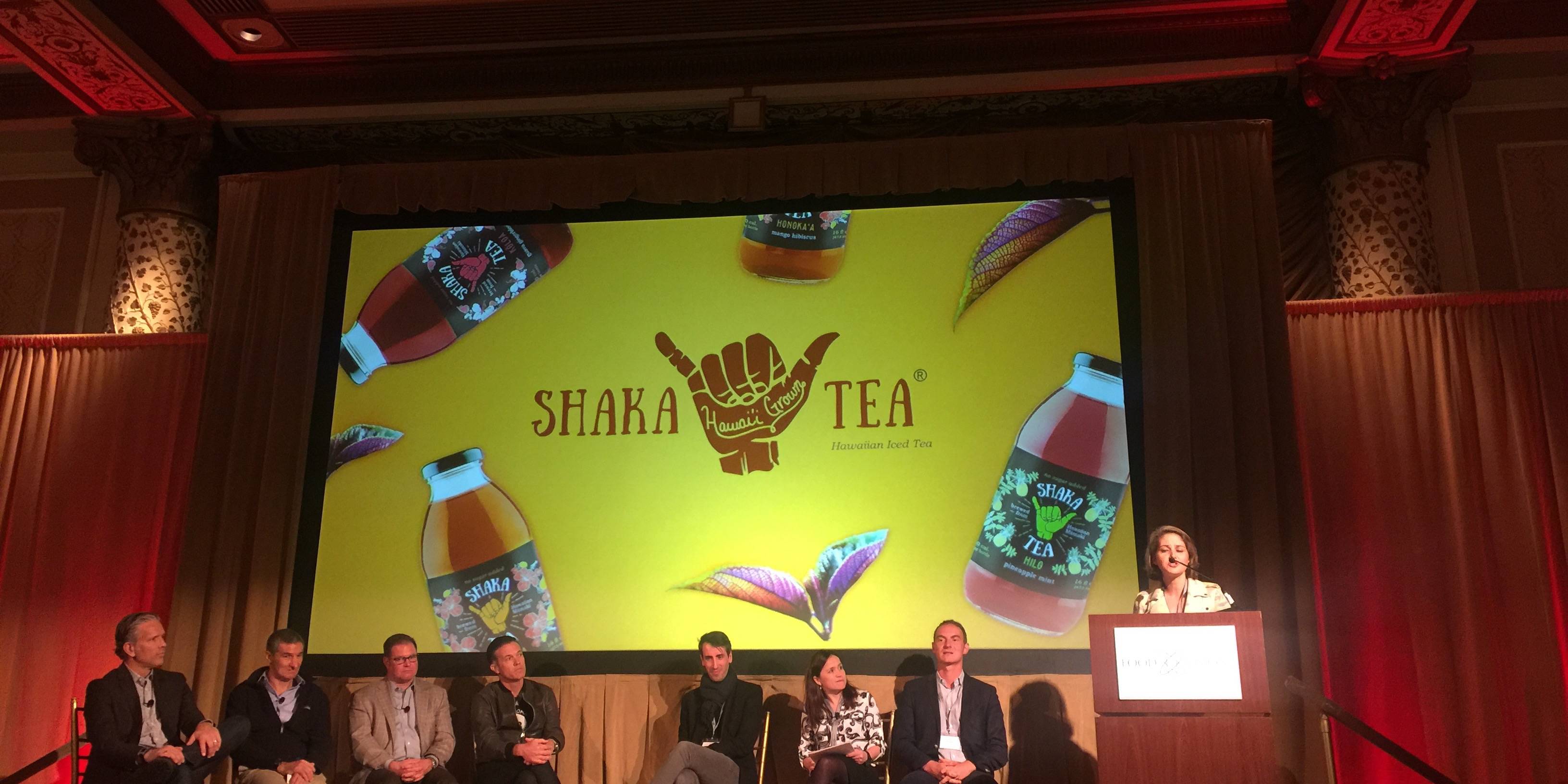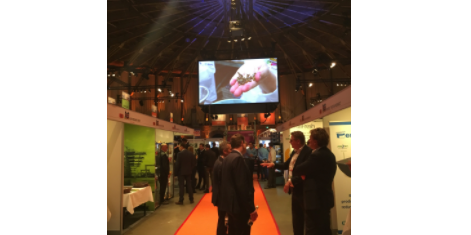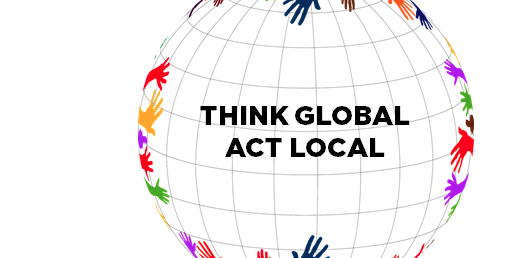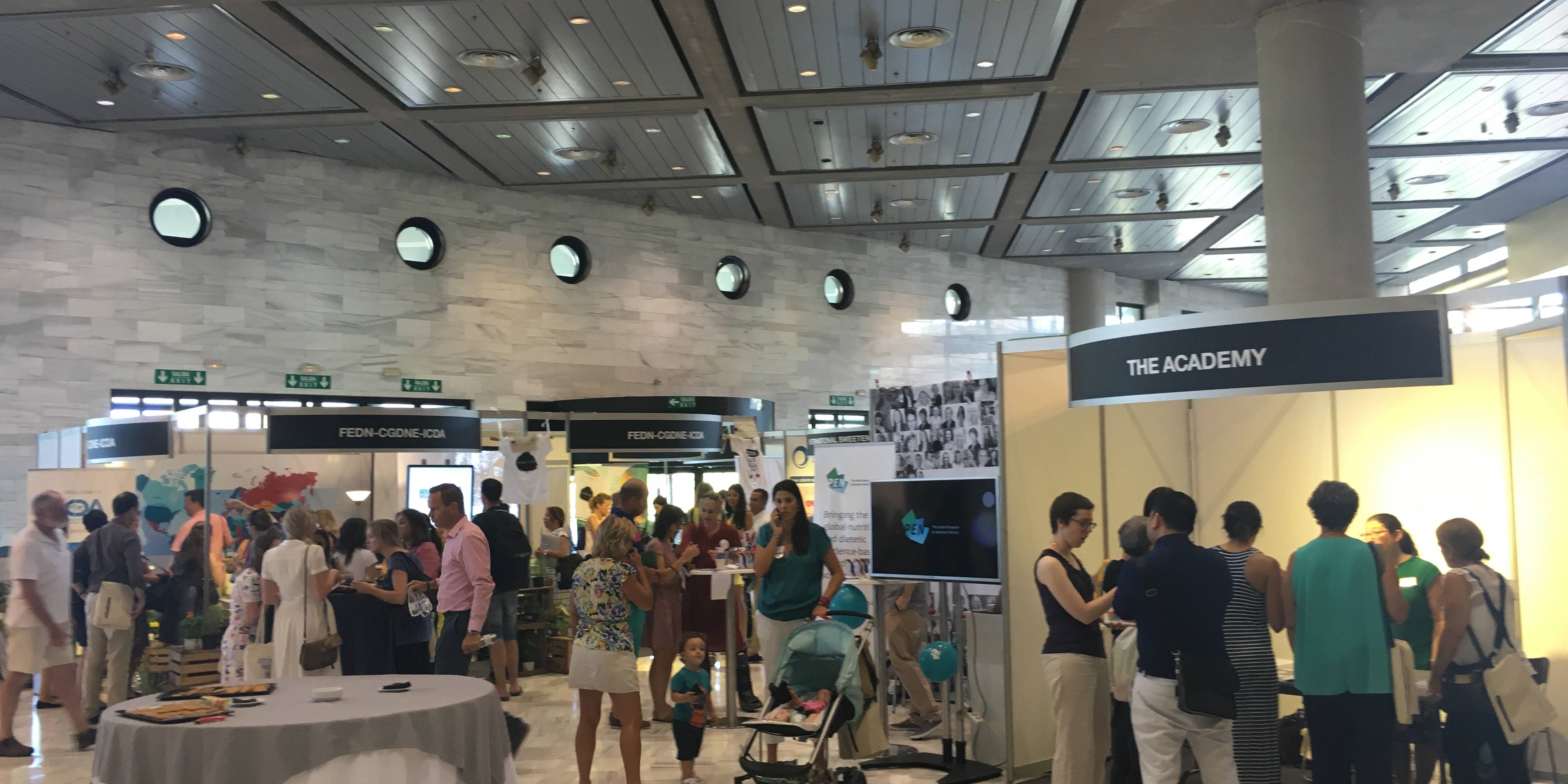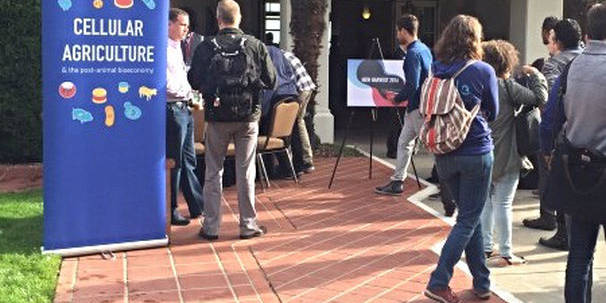As patients and clients become more mindful of cultural awareness and sensitivity with respect to their food choices, nutrition professionals are seeking out educational resources to help provide culturally relevant food and nutrition recommendations. And as a result, cultural competence and cultural humility are increasingly rising to the forefront at nutrition conferences, as well as in virtual webinars and trainings led by the many inspiring and creative culinary nutrition experts in the field.
One of these inspirational leaders is Breana Lai Killeen, MPH, RD, the Test Kitchen & Editorial Operations Manager at EatingWell Magazine, who is passionate about educating her fellow dietitians and nutrition professionals on the importance of culturally sensitive recipe development and content creation. Eat Well Connect chatted with Breana about how she applies a cultural competency lens to her work at EatingWell Magazine, the path to merging her interests in both nutrition and cooking in her own career, and helpful resources for nutrition professionals looking to build their cultural competence in everyday practice.
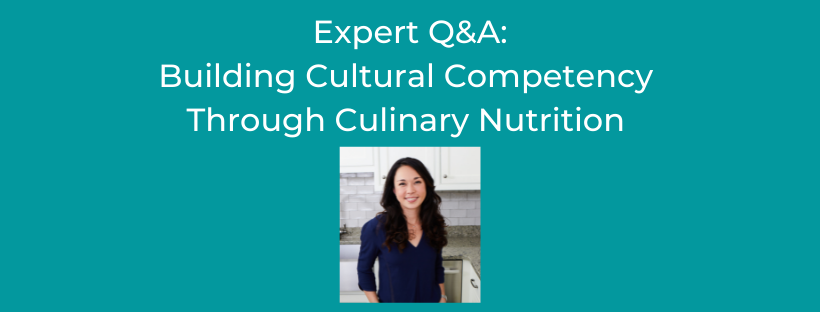
As a culinary nutritionist and graduate of Le Cordon Bleu London, when did you first discover your passion for cooking, and what has been your path to merging both the nutrition and culinary worlds in your career?
I’ve been cooking for as long as I can remember. My mom and I took Chinese cooking classes when I was 8 so we could both learn how to make the food from my dad’s home country of Hong Kong. Then in high school, I started baking and making dinner for the family because my parents were so busy and it was a way I could help out. Then in college, I started a Friday dinner tradition where I cooked and friends showed up with drinks. It was also in college that I worked in my first restaurant kitchen, Town Hall Grill, in Chapel Hill, North Carolina. Because I knew I wanted to work in food, I switched majors to nutrition with the dream of going to culinary school after college. What I didn’t expect was how far my degree in nutrition was from the culinary world. After working in more restaurants, I went to University of North Carolina at Chapel Hill (UNC-CH) to get my Master’s in Public Health Nutrition in order to merge my love for good food in both the culinary and nutrition sectors.
At this year’s Food & Nutrition Conference & Expo, you’re teaming up with a stellar group of dietitians to discuss regional cooking techniques and recipes in Asian cuisine. From your perspective, why is it important for dietitians and nutritionists to learn about culturally sensitive recipe development and content creation?
The food world is often grouped by cuisine—Asian, American, Middle Eastern, etc—but much of what is taught to dietitians and nutritionists is from a white lens. It’s important to realize that making blanket recommendations doesn’t work in this melting pot of a country. When developing recipes, it’s easy to default to what is in the “typical pantry” or “what you can get at the store.” But that is assuming that everyone has the same pantry and shops at the same stores. By creating recipes that use authentic ingredients, with substitutions listed second, not as primary, you’re creating culturally inclusive recipes that also reflect socially inclusive methods. I’ve always believed that we can’t help people eat better unless we show and teach them how through recipes and cooking demos.
As the Test Kitchen and Editorial Operations Manager for EatingWell, how do you incorporate a cultural competence and sensitivity lens to the recipes and content developed for this publication?
We are constantly wrestling with how to write recipes for our very large audience that adheres to cultural sensitive practices while also being practical. Oh, and makes a pretty picture because we are a magazine! It’s a constant conversation as we have so many guidelines for our recipes, especially in our everyday Dinner Tonight section. So not only does the recipe need to have 10 ingredients or less and be prepared in 45 min or less, it also needs to photograph well, only use 1 or 2 pots and pans, oh yeah, and be authentic? It’s very hard so we end up getting as close as we can.
What resources might you recommend to food and nutrition professionals looking to build their knowledge of culturally sensitive recipes and cooking techniques?
Follow recipe writers, bloggers, cookbook writers, etc who are experts in these respective fields. For example, for Chinese recipes, look to a blog called The Woks of Life. Not only do they post recipes but they explain the history and technique behind the ingredients and methods. Participate in (don’t only watch) cooking classes. Watch YouTube videos. Simply be open to platforms that might be out of your comfort zone but have experts behind them. And if you are unsure if you are being offensive, ASK someone. Reach out to Diversify Dietetics and see if there is someone willing to help you!
Breana Lai Killeen, MPH, RD is the Test Kitchen & Editorial Operations Manager at EatingWell Magazine in Shelburne, Vermont, United States. She oversees the development, production and nutrition analysis of all recipes as well as managing day-to-day operations to keep everything running smoothly. Breana has a master’s degree in public health from the University of North Carolina at Chapel Hill, is a graduate of Le Cordon Bleu London, a Wine Spirit & Education Trust trained sommelier and is a registered dietitian.
Related News
January 25, 2021
Eat Well Connect Voices: Tessa Nguyen
In this latest installment of our Eat Well Connect Voices Q&A, Tessa Nguyen, RD, LDN, of Taste Nutrition Consulting shared her thoughts on what…
November 27, 2020
The Conference Discussing the Future of Food, Drink and Nutrition Goes Virtual
This October, Food Matters Live held its first virtual conference. The conference focused on identifying opportunities in a changing consumer-driven…
November 19, 2020
Partner Highlights: Global Alliance for Improved Nutrition
In the global fight against hunger and malnutrition, few organizations are as impactful as the Global Alliance for Improved Nutrition (GAIN). Since…
November 18, 2020
Eat Well Connect Voices: EatWell Exchange
In this latest Eat Well Connect Voices Q&A, Ashley Carter, RD, LDN and Jasmine Westbrooks, MS, RD, LDN of EatWell Exchange Inc. share their…
October 12, 2020
Next Normal: Optimal Nutrition for a Pandemic Reality
The COVID-19 pandemic has had a profound impact on us all, and the food, nutrition and healthcare industries are no exception. While nutrition…
October 1, 2020
Maintaining Sustainability Commitments While Protecting Profits
Earlier this month, I had the opportunity to present at the 2020 Vitafoods Europe Virtual Expo and discuss how consumer packaged goods companies can…
September 20, 2020
Eat Well Connect Voices: Shahzadi Devje, RD
We're thrilled to connect with Eat Well Connect (EWC) member Shahzadi Devje, RD as she shares her thoughts on using nutrition communication as a tool…
August 20, 2020
We’re hiring an intern for the fall 2020 semester. Apply to join our team!
We’re looking to hire a graduate student for an internship this fall. Our ideal candidate is a current master’s student in nutrition, dietetics or a…
July 29, 2020
We’re hiring a contract/temporary Account Coordinator. Apply to join our team!
We’re looking to hire a Contract/Temporary Account Coordinator to cover for one of our team members. Our ideal candidate is a registered dietitian…
July 16, 2020
We’re looking for a Virtual Events Coordinator! Apply today!
Join our game-changing team as an experienced Contract Virtual Event Coordinator to help us manage virtual events on behalf of our food and nutrition…
June 29, 2020
Nutrition Communication in the Time of COVID
According to a recent survey conducted by the International Food Information Council (IFIC), consumers consider health professionals and registered…
June 4, 2020
Impactful Communication: Meaningful Messages to Inspire Change
Do you want to be more impactful in your work as a dietitian or nutrition professional? Learning to effectively build a message and communicate it to…
May 21, 2020
Register: Healthy Food Promotion
The best way to prevent illness is to avoid being exposed to the COVID-19 virus. Practicing social distancing and proper hand washing can help…
May 21, 2020
Register: Food and Nutrition Standards
Warning labels and restrictions on what can be purchased with federal dollars have long been held up by some as solutions to inform consumers with…
May 21, 2020
Register: Hunger, Inequality and Nutritious Food
In light of COVID-19-related job losses, food banks and federal assistance programs are playing a central role in addressing the growing needs of…
May 19, 2020
Putting Nutrition to Work: Acting on Our Vision that Good Nutrition is Good Business
Workforce nutrition programs offer benefits for employees as well as businesses, such as reduced absenteeism, increased productivity and improved…
September 18, 2019
Exploring the Ongoing Evolution of Food, Sustainability and Nutrition at The Future of Food Summit
As Eat Well Global further establishes its unique position empowering global change agents in our field, we actively seek more perspectives and…
August 7, 2019
Climate, Culture & Economics: Expanding our Nutrition Perspective at the Asian Congress of Nutrition
Hosted by the Federation of Asian Nutrition Societies (FANS) every four years, the Asian Congress of Nutrition is Asia’s prime convening of food and…
July 16, 2019
“No one is your enemy” and other things I learned in Geneva last week
Last week I joined nearly 30 public and private sector leaders from all over the world as the inaugural cohort of a very special course, Together for…
June 23, 2019
Marrying Medicine and Nutrition: Health Meets Food Conference
Hosted by the Tulane University School of Medicine, Health Meets Food’s 6th annual Culinary Medicine conference brought together primarily physicians…
April 25, 2019
The Power of Pairing, Partnerships and Produce at PBH Consumer Connection Summit
Launching a fresh new campaign, “Have a Plant”, PBH connected consumers’ increasing interest with adding more plants to their diet to their ongoing…
April 15, 2019
Accelerating Healthier Futures Together
Over the years, we’ve seen Partnership for a Healthier America (PHA) embark on new initiatives, bringing along their star-studded friends to amplify…
April 8, 2019
The 2nd Annual Culinary Nutrition Conference
Chefs and nutrition professionals came together for the 2nd Annual Culinary Nutrition Conference this month at the Institute of Culinary Education…
April 3, 2019
Internet of Food Brought to Life at IC-Foods 2019
When the concept of the “Internet of Food” comes up, people often ask, “don’t we already have an internet? And can’t you find food there?” The…
March 22, 2019
The Chicago Council on Global Affairs: Global Food Security Symposium 2019
For the past 10 years, The Chicago Council on Global Affairs has been convening key stakeholders from the public, private and NGO sectors at their…
February 28, 2019
The Evolving Regulatory and Marketing Landscape of Lab-Grown Meat
Cell-cultured meat, also known as lab-grown meat or clean meat, is generated through a complex process using cells from healthy animals and combining…
December 20, 2018
Eat Well Global Proudly Announces B Corp Certification
We are excited to announce Eat Well Global is now officially B CorpTM certified!
December 12, 2018
PRESS RELEASE: Eat Well Global Joins Corporate Leaders in Social Responsibility with Recent B Corporation® Certification
Certified B Corporations® include businesses that voluntarily meet the highest standards of social and environmental performance, public…
November 7, 2018
PRESS RELEASE: Healthy Marketing Team and Eat Well Global join forces to help industry address rapidly changing consumer nutrition market in North America
The international brand strategy and nutrition innovation agency, Healthy Marketing Team (HMT), announce their cooperation with Eat Well Global, Inc…
October 25, 2018
Eat Well Global Brings Nutrition Communication to the Forefront at EFAD 2018
Eat Well Global participated in the 40th Anniversary European Federation of the Associations of Dietitians conference in Rotterdam, the Netherlands.…
September 6, 2018
“Nutrition is Everyone’s Business”: Insights from the SDG Conference – Partnerships are Critical to Ending Hunger
This August, Eat Well Global attended the SDG-Conference ‘Towards Zero Hunger: Partnerships for Impact’ at Wageningen University & Research in the…
August 20, 2018
Communicating to Influence at EFAD Conference 2018
For dietitians, the ability to communicate effectively is an essential skill. Whether working in a hospital, school, food company or even your own…
May 11, 2018
Partnership for a Healthier America Summit Brings 360 Degree View of Better Health
The 2018 PHA Summit brought together diverse stakeholders to support their mission: make the healthy choice, the easy choice.
March 14, 2018
Food Tank 2018 Highlights Need for Farmer Support
At the recent Food Tank Summit in Washington, D.C., farmers, senators, members of Congress, nonprofit and business leaders, media, and young…
March 5, 2018
What in the World is Neurogastronomy?
Any SAT-word loving geek can break down the word neurogastronomy. Neuro indicates brain and gastronomy links to food and culinary. There is a lot of…
November 22, 2017
Dubai International Food Safety Conference Brings Big Data to the Plate
Technology and food safety were the name of the game at the 11th Annual Dubai International Food Safety Conference, which took place November 19-21,…
June 15, 2017
Harvesting Insights from the Next Generation of Food Security Innovators: Thought For Food Global Summit 2017
Have you ever heard of choco-panda ice cream? Me neither. How about a superhero on a mission to teach kids about nutrition and food security? If…
May 16, 2017
Flexible & Entrepreneur Dietitians – Global Dietitians interviews Eat Well Global
Global Dietitians interviews Eat Well Global's founding partner Julie Meyer
May 9, 2017
Eat Well Global on Influencer Trust at Food Vision Asia
It is no news: achieving a healthy lifestyle is top of mind for millions of people around the globe and social media plays a big role in driving…
March 17, 2017
Eat Well Global Talks Authenticity in Food Navigator Interview
With an apparent rise in distrust of science and facts coupled with an increase in social media marketing, there has been a shift in consumer…
March 14, 2017
Eat Well Global at Food Vision in London!
Trend makers, marketing and communication specialists and industry leaders gathered at the Food Vision event in London, from 1-3 March. Among the…
January 26, 2017
Eat Well Global addresses health influencers & brand power in Food Navigator article
In times where consumer demand for transparency and authenticity intersect with fast pace influencer marketing, reaching consumers through trusted…
January 17, 2017
Eat Well Global talks 2017 global food trends on Food Navigator-USA’s Podcast
To kick off 2017, Julie Meyer, co-founder of Eat Well Global and GA4HNC, participated in two episodes of Food Navigator-USA's Soup-to-Nuts-Podcast.
January 2, 2017
Convenient, Committed and Cool: 2016 NY Produce Show Review
Today's consumer seeks more from their produce and industry is delivering
December 20, 2016
The American Public’s Opinion on Food Science
A recent survey by the Pew Research Center asked Americans about their opinions regarding the science behind food and health recommendations and…
December 12, 2016
What Americans Think About Healthy Eating
With impending changes in the political climate, many people have been asking what this means for the future of food policy.
November 22, 2016
Food Vision USA: Innovation, Disruption and What’s Next
Leaders from start-ups to trend makers to innovative disruptors share their thoughts on the big question: what's next?
November 14, 2016
Want people to eat more fruits and vegetables? Inspire them.
As a nutritionist, I love this statement. As a communicator, I couldn’t agree more.
October 5, 2016
ICD 2016: How Dietitians Can Impact Sustainable Eating
What role can (and should) dietitians play in the sustainability dialogue? We went to Granada to find out!
August 17, 2016
The Future Is Now: New Harvest 2016
Several hundred (309 to be specific) researchers, entrepreneurs, visionaries, futurists and interested parties gathered under sunny skies in San…
